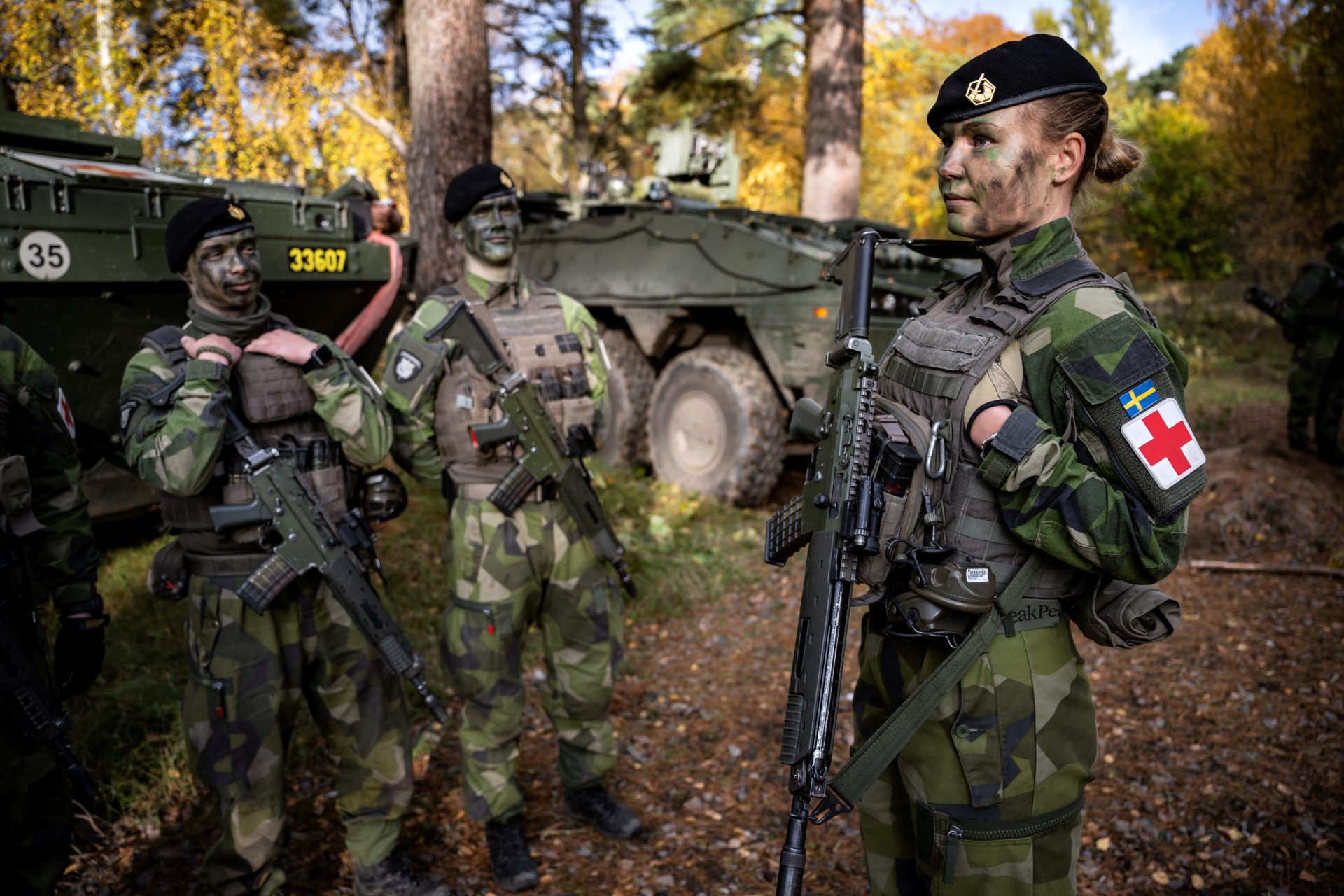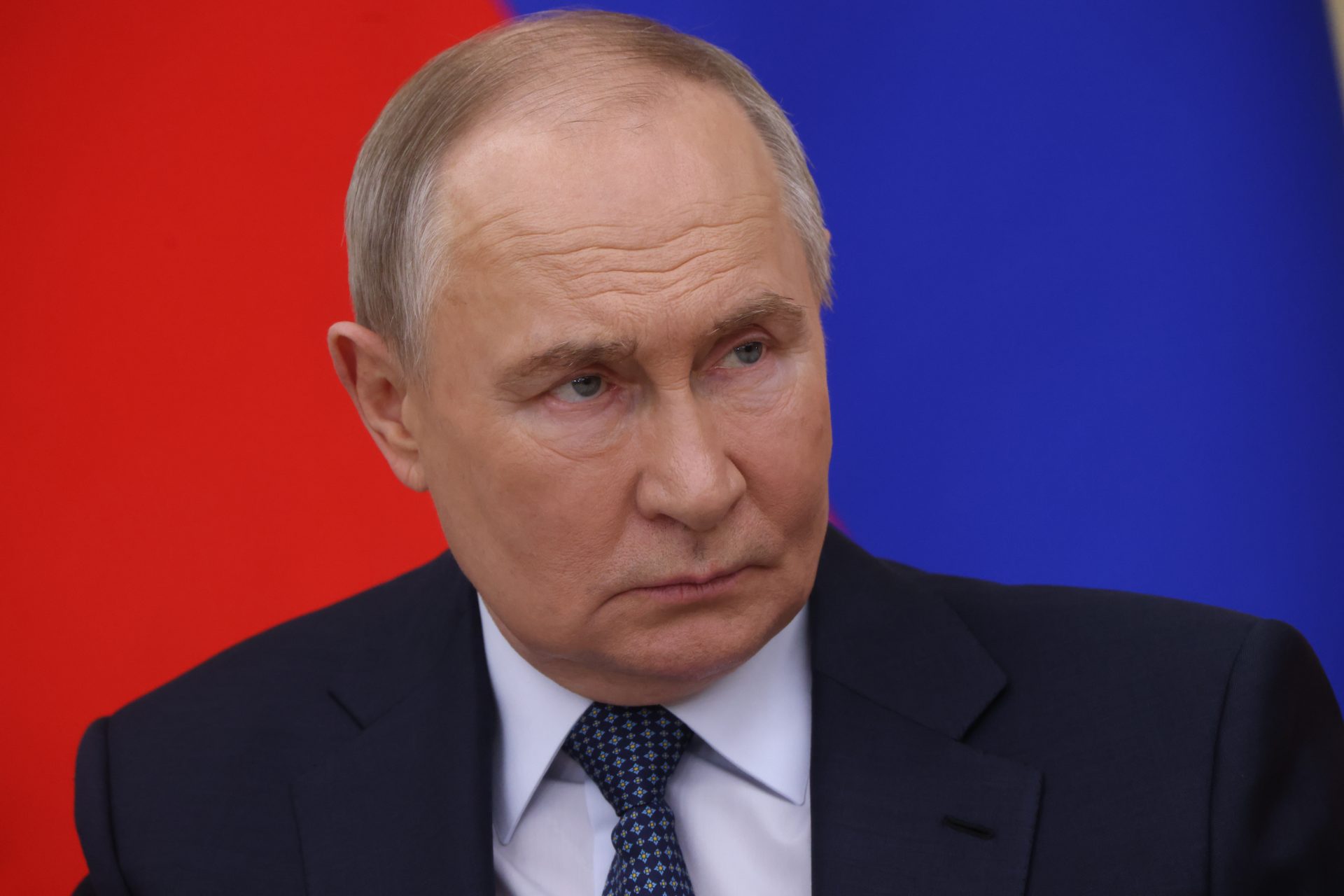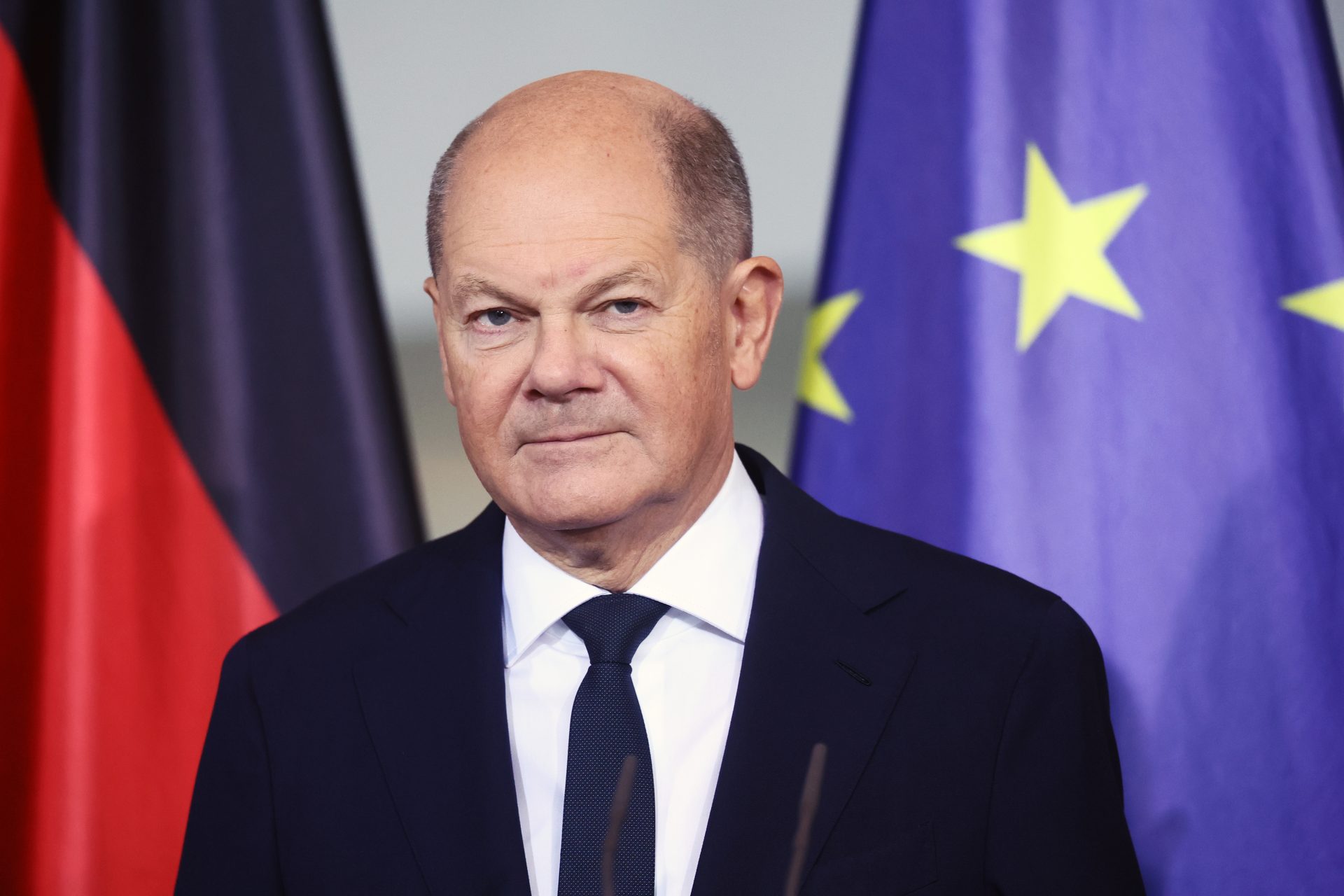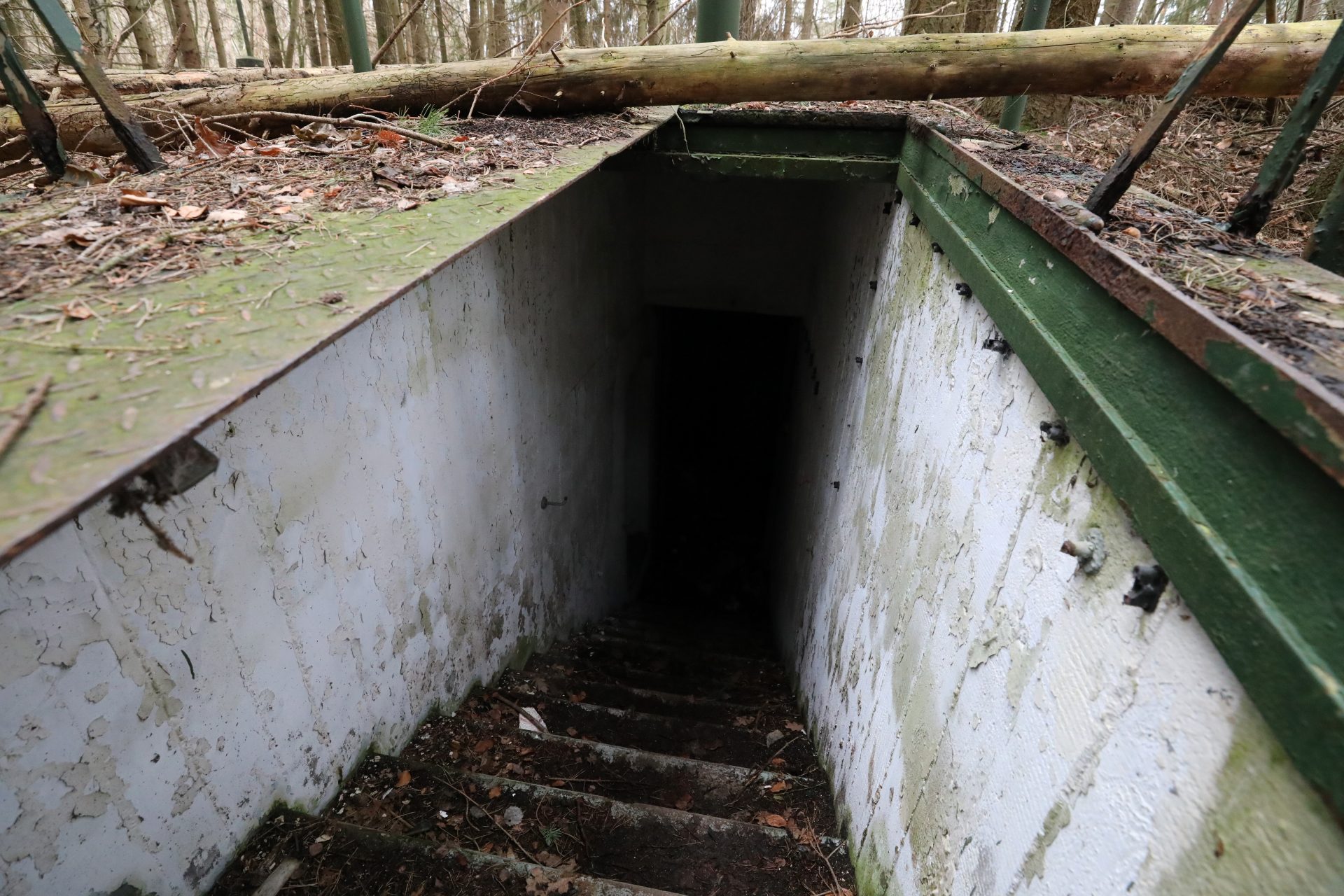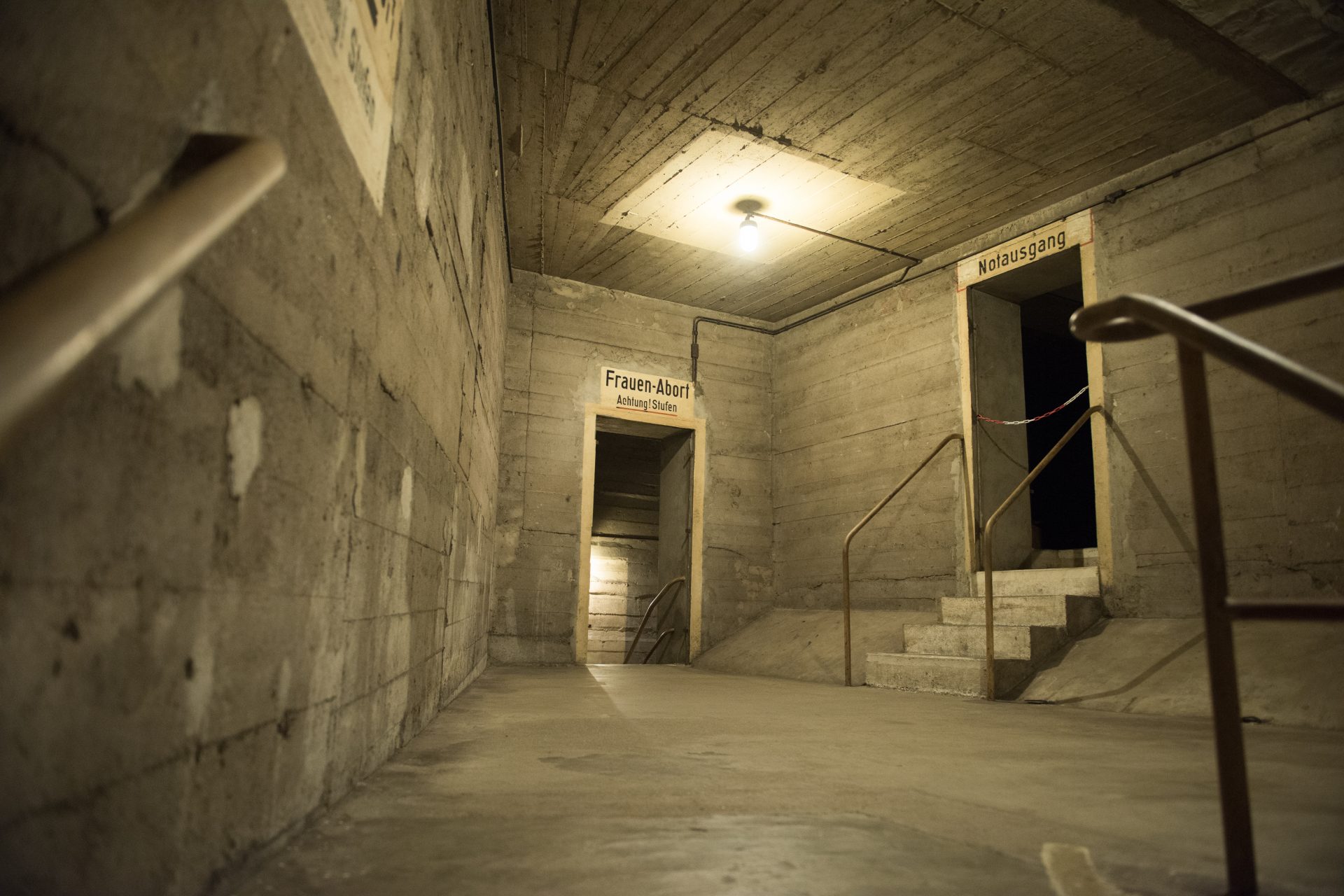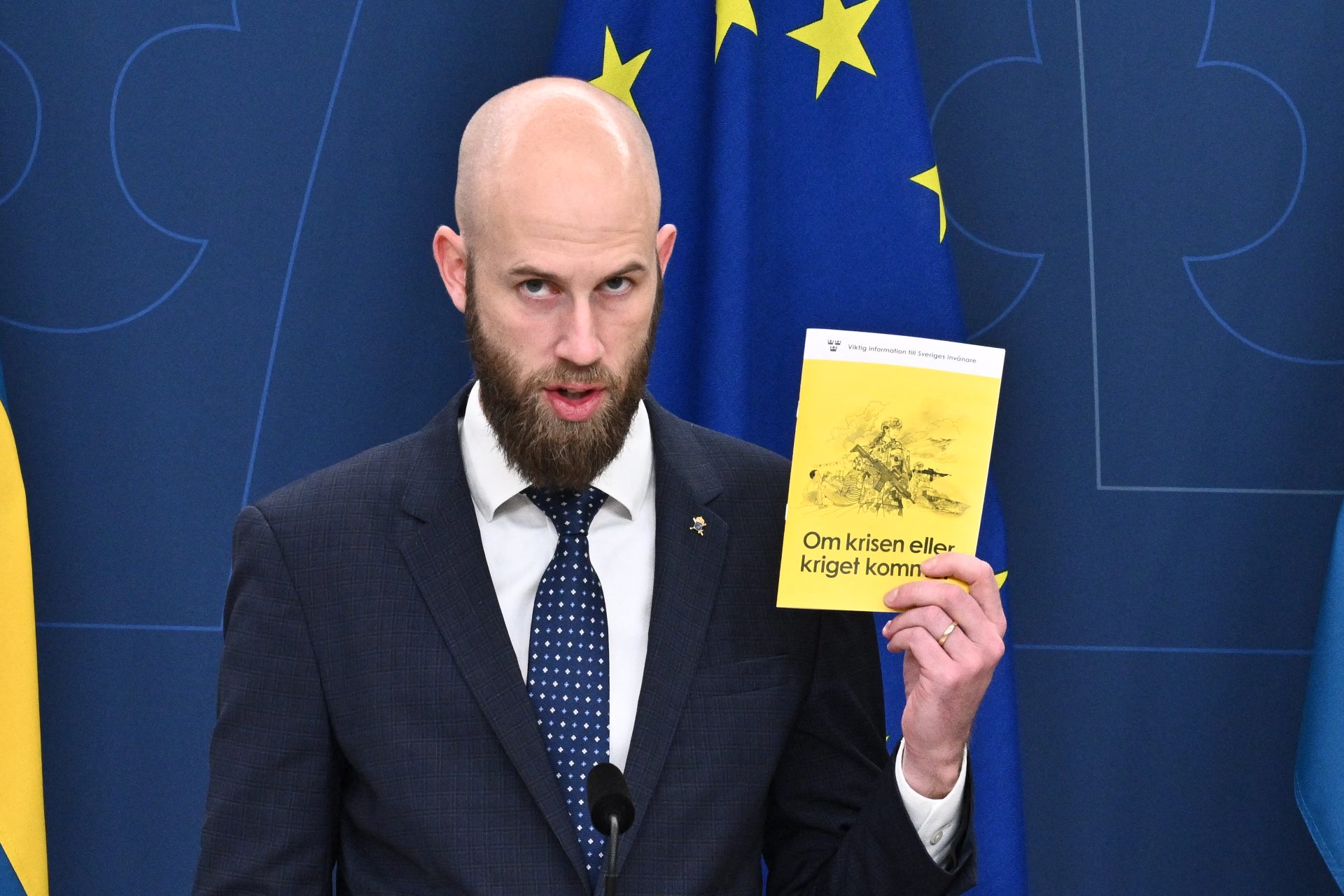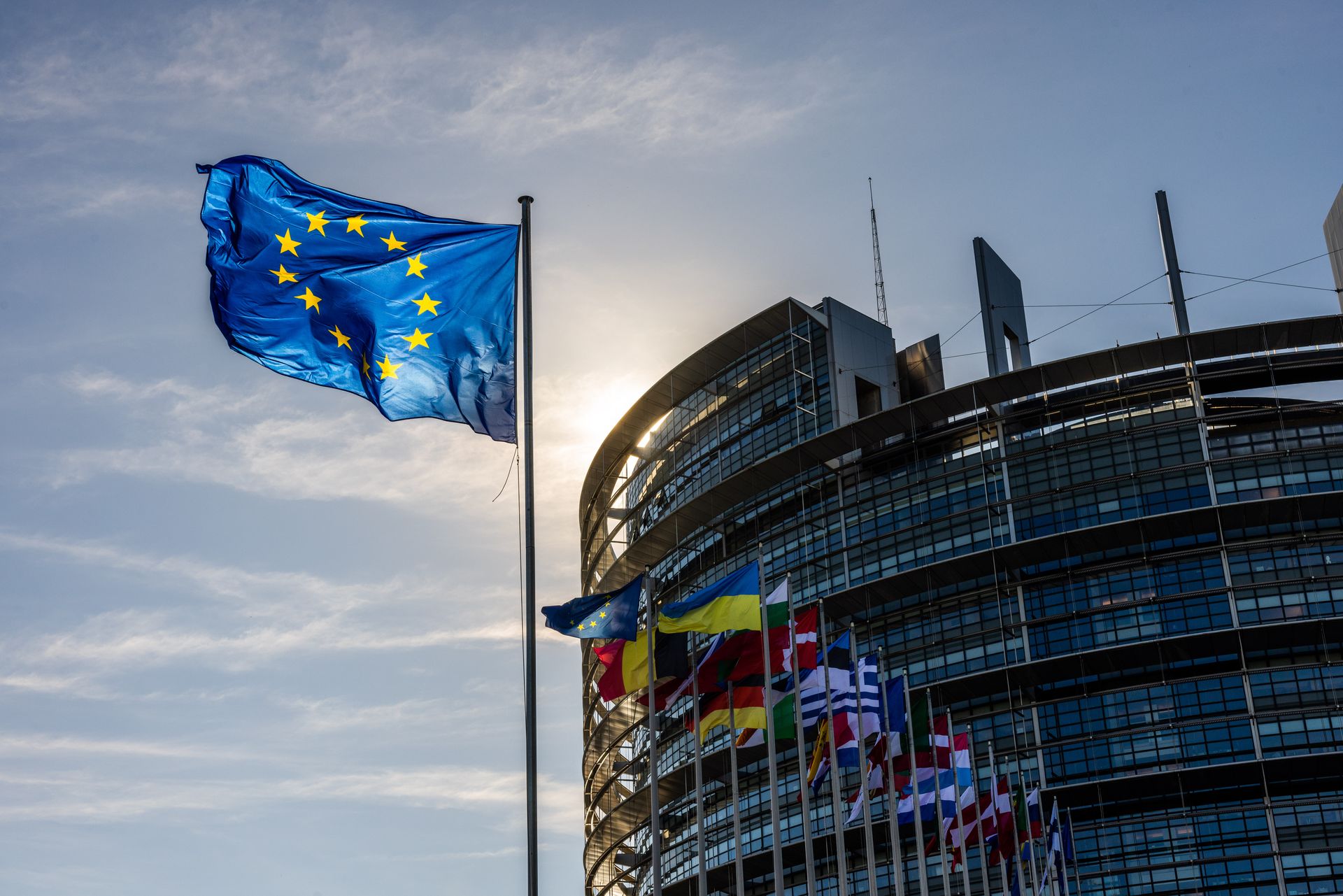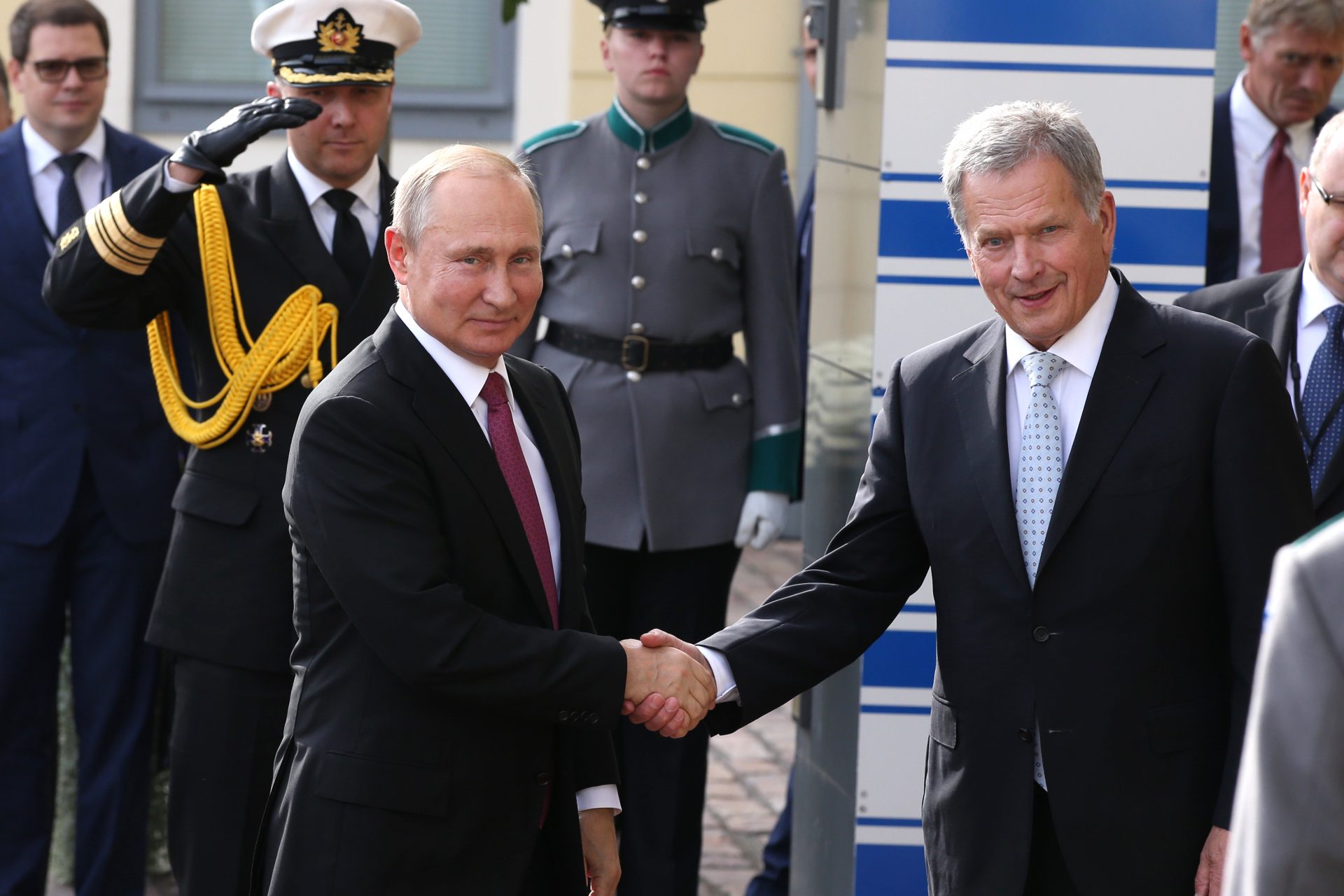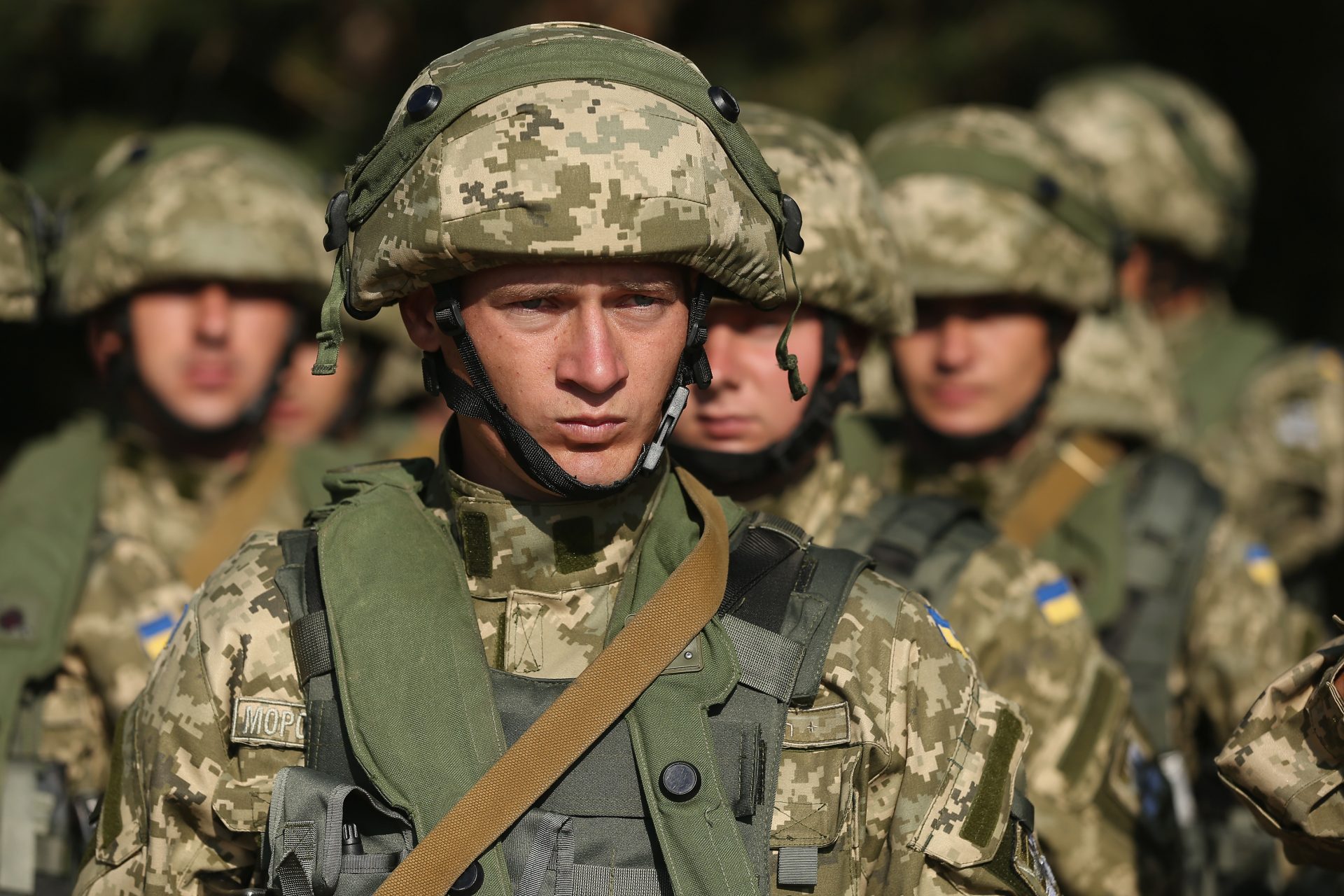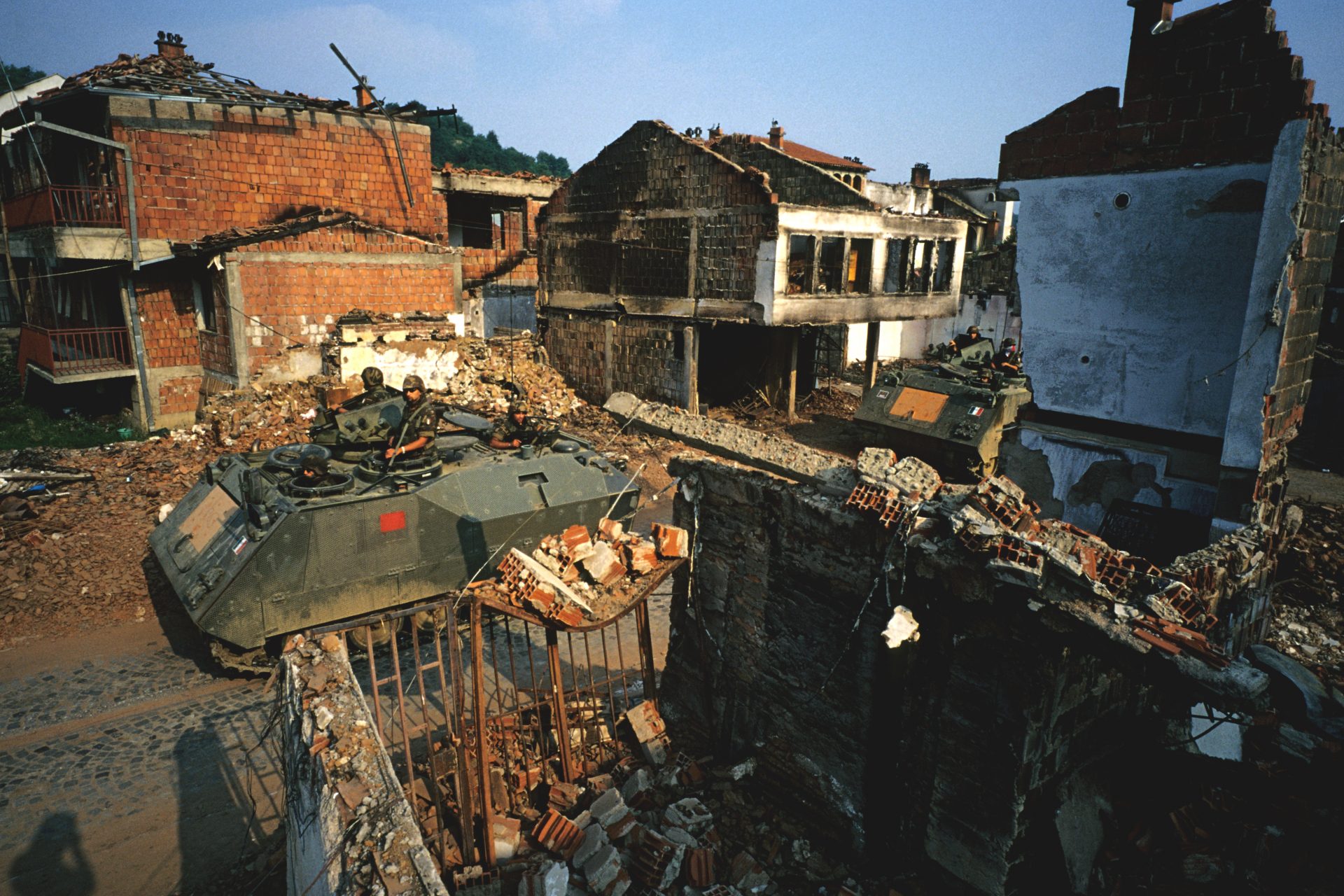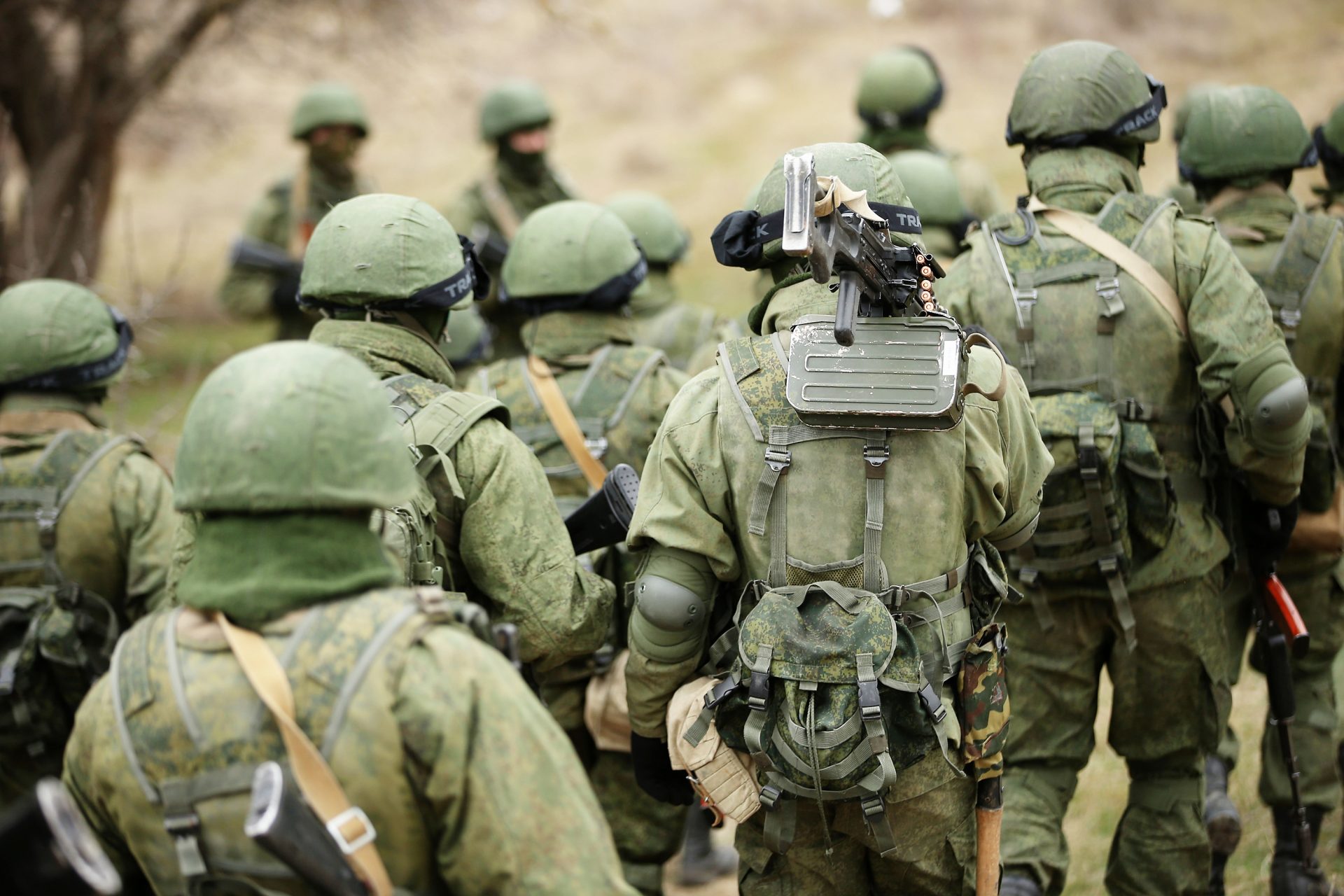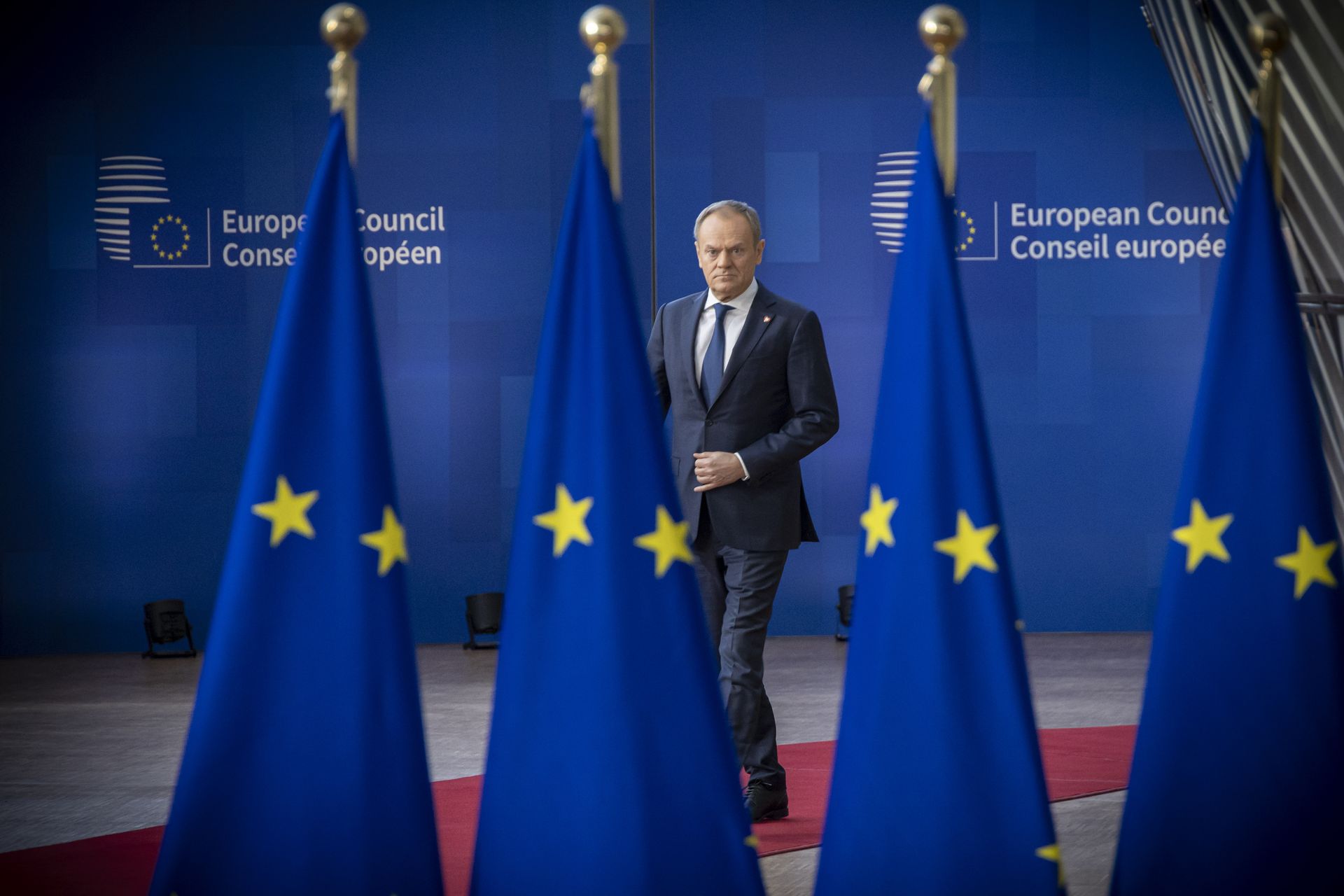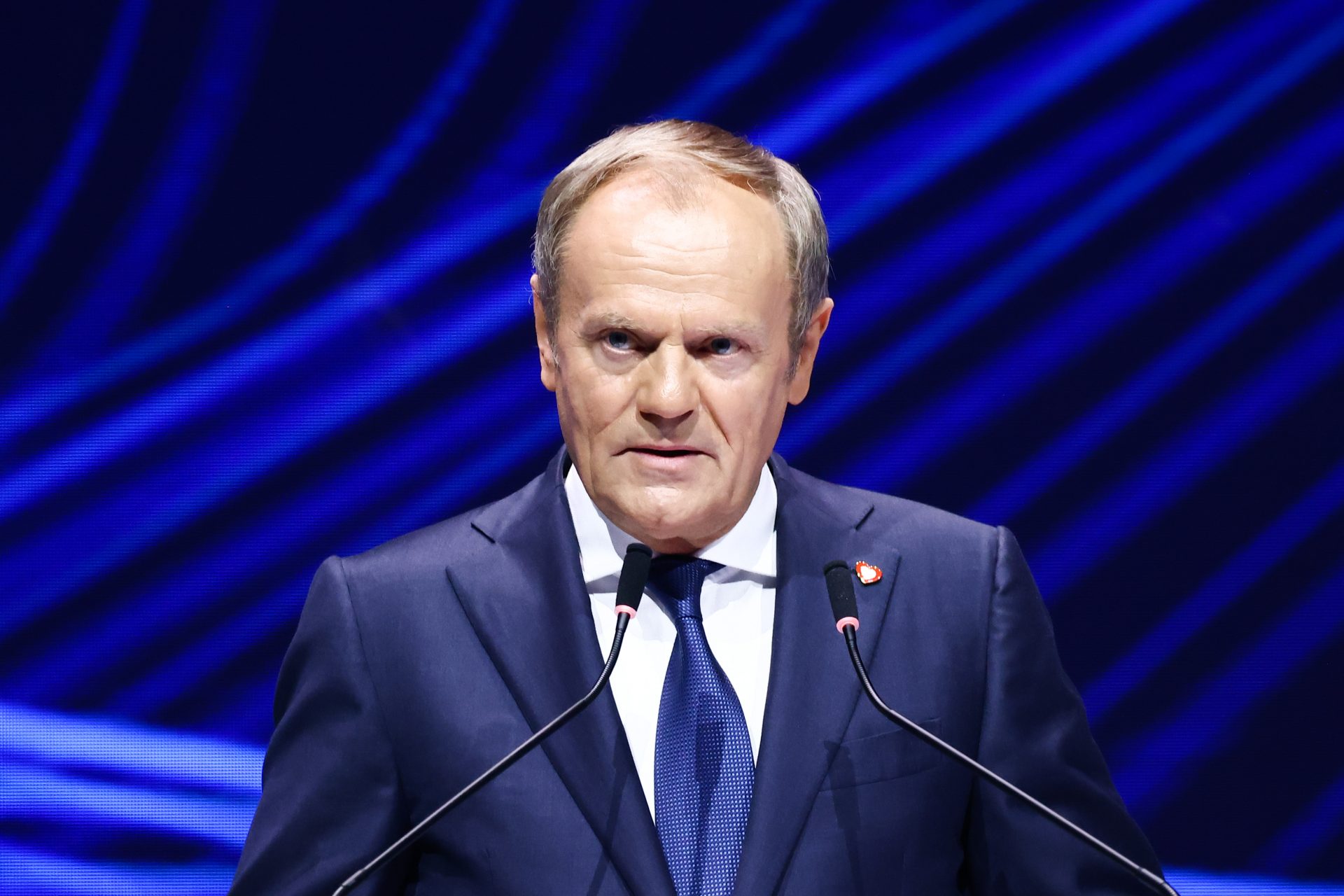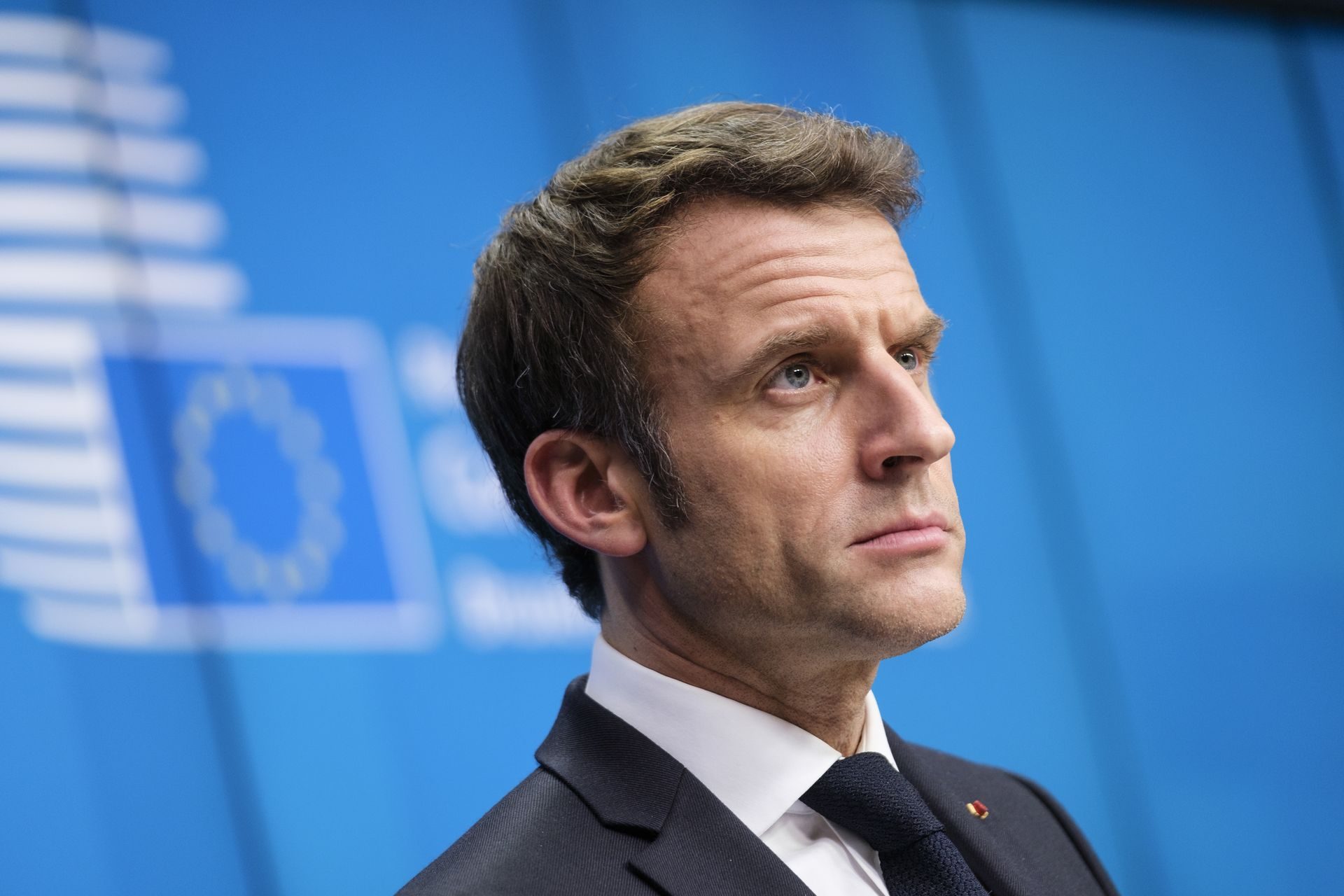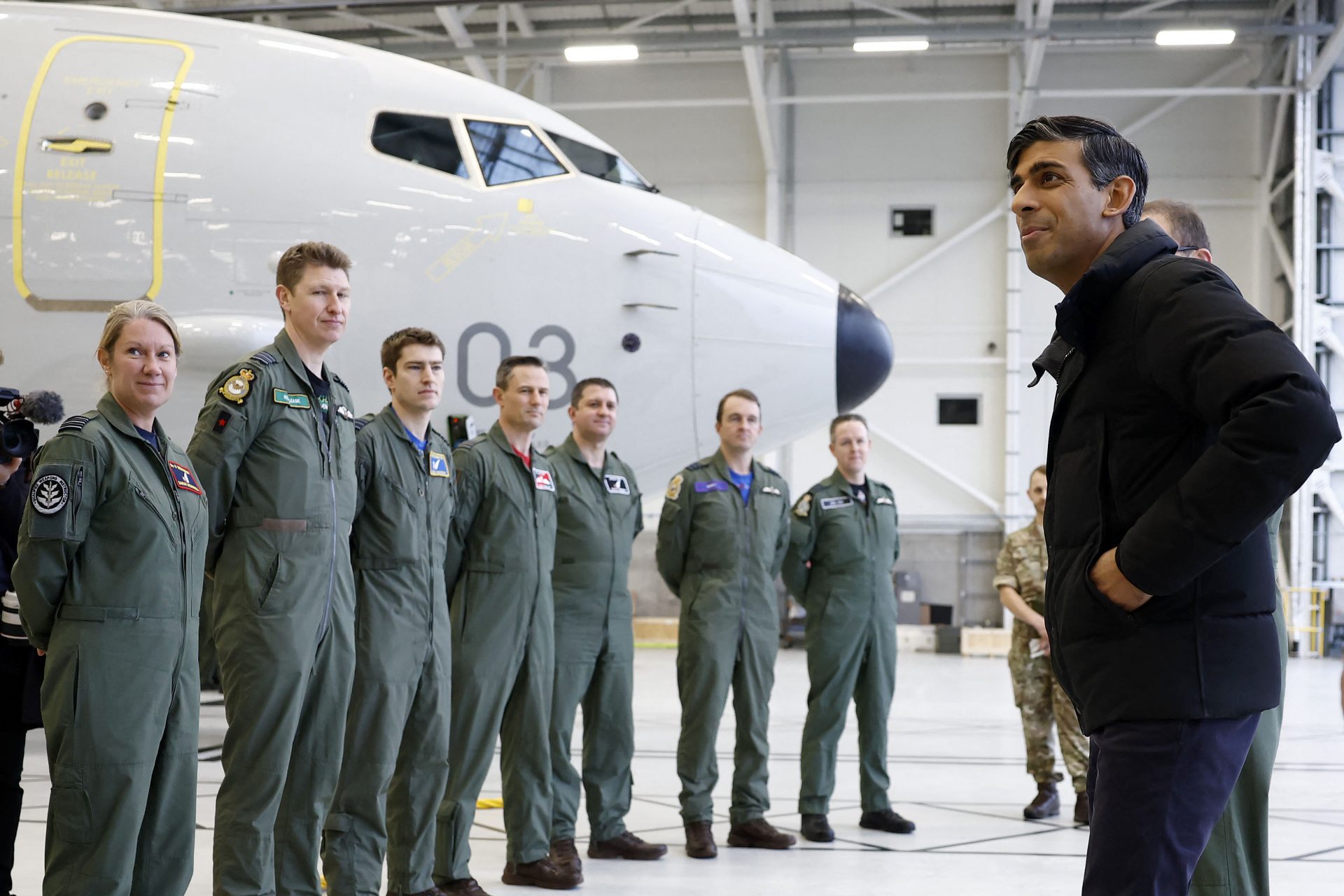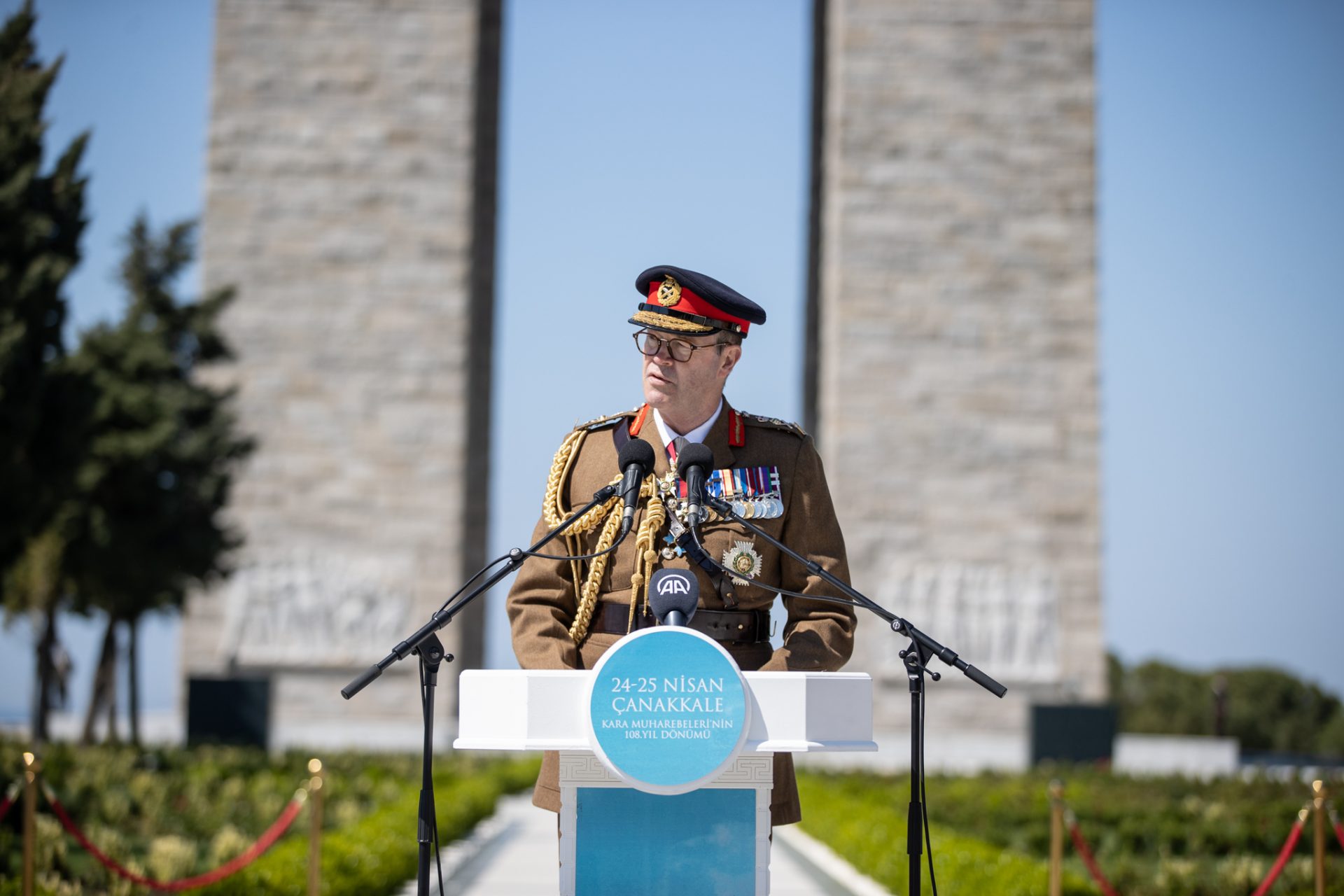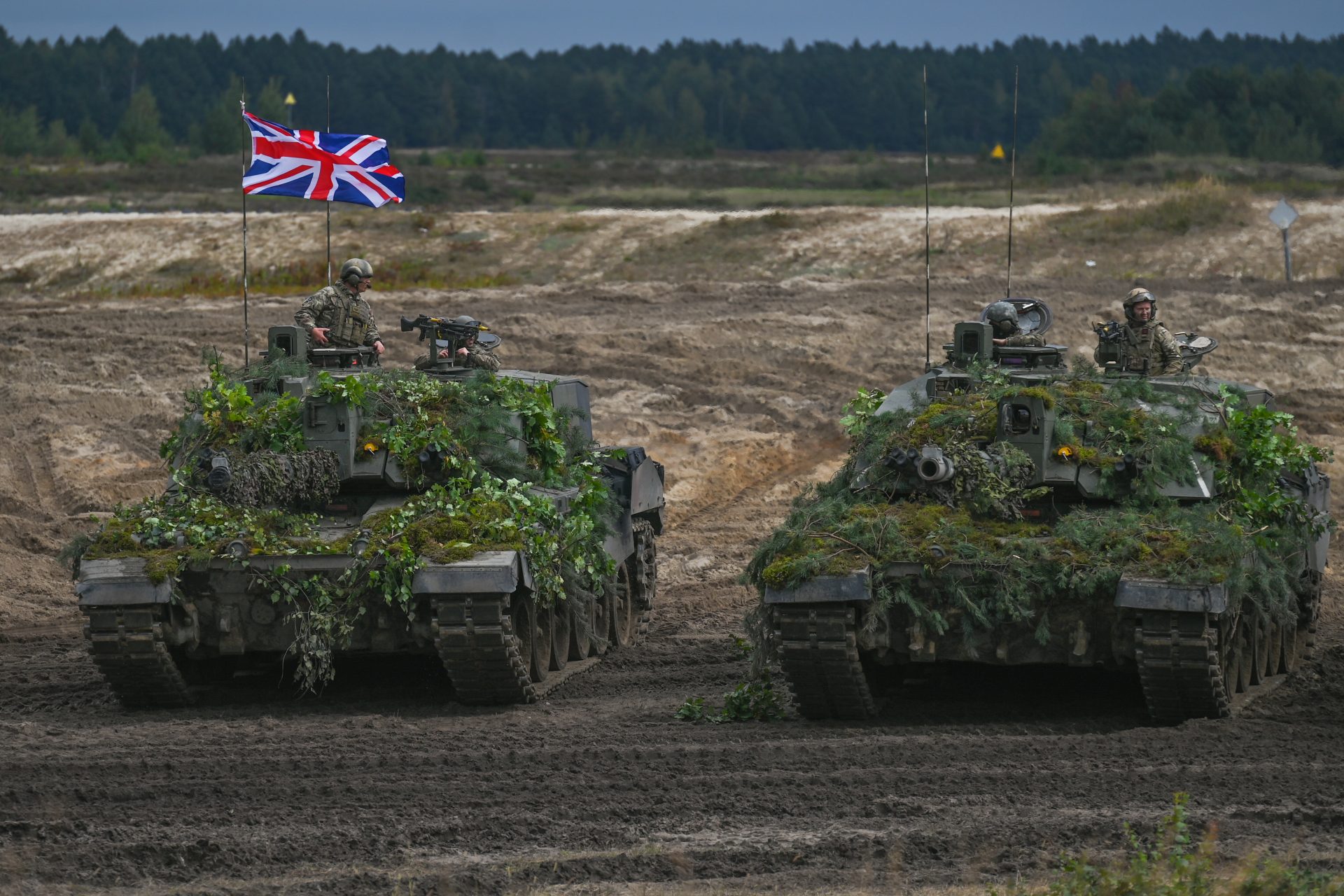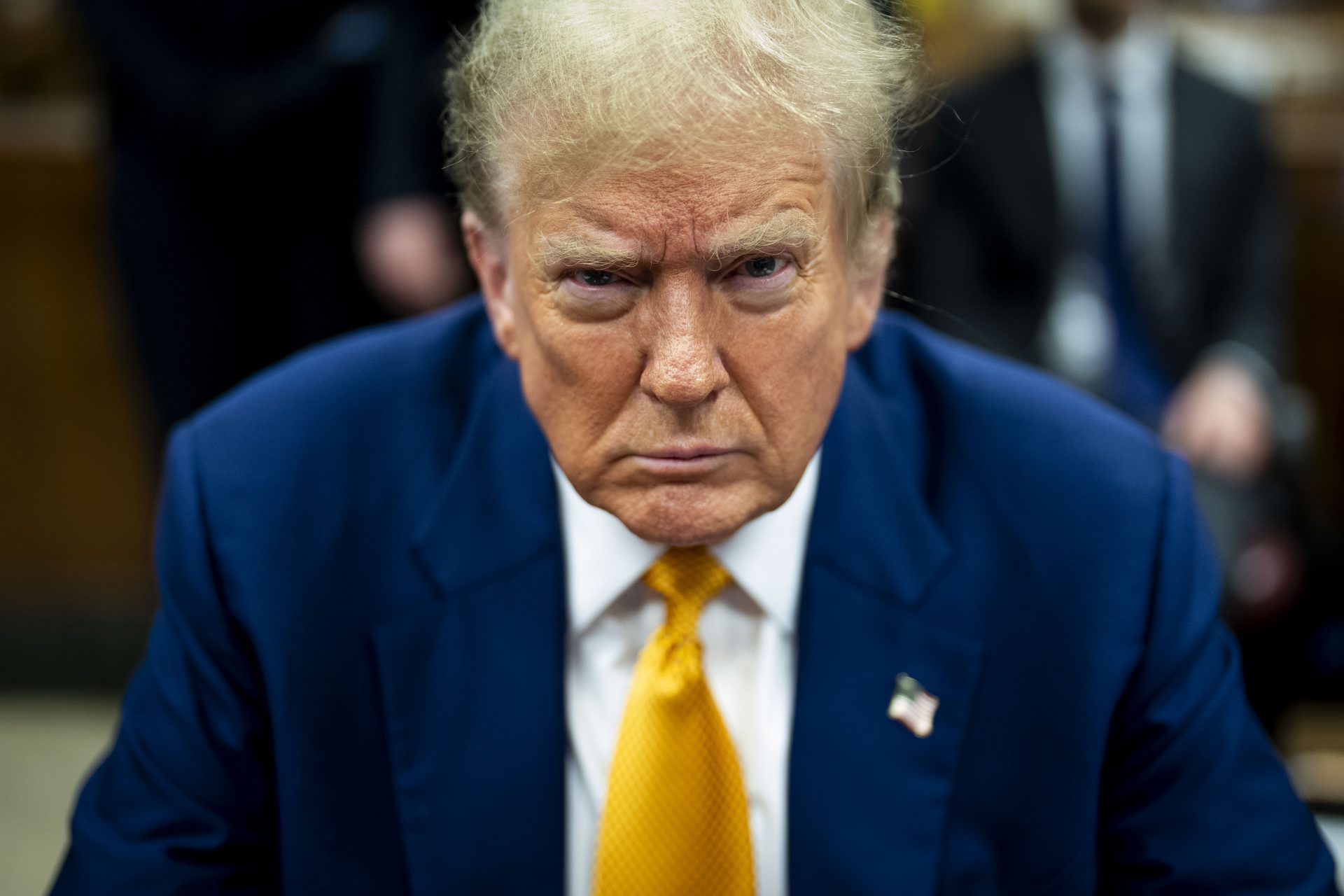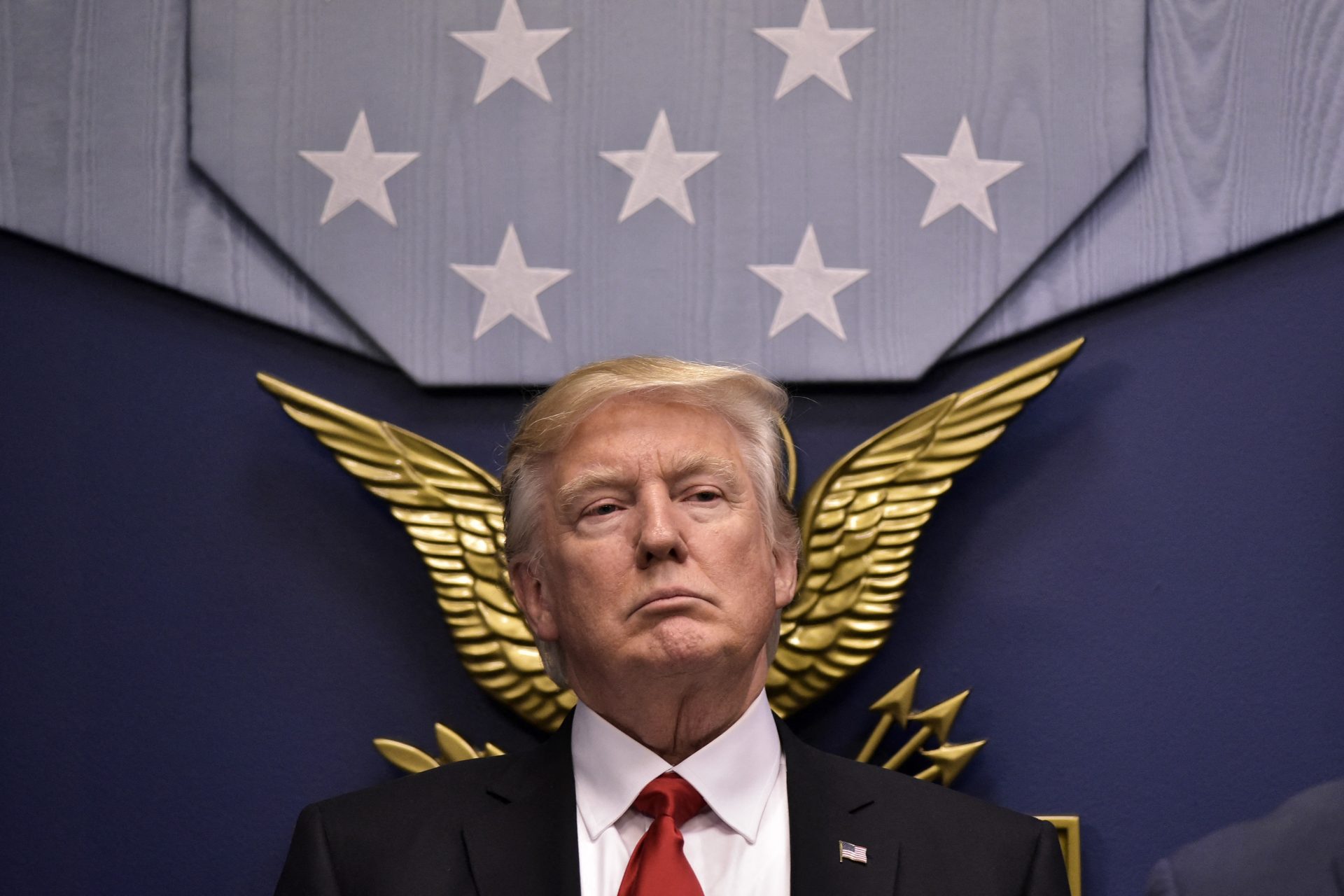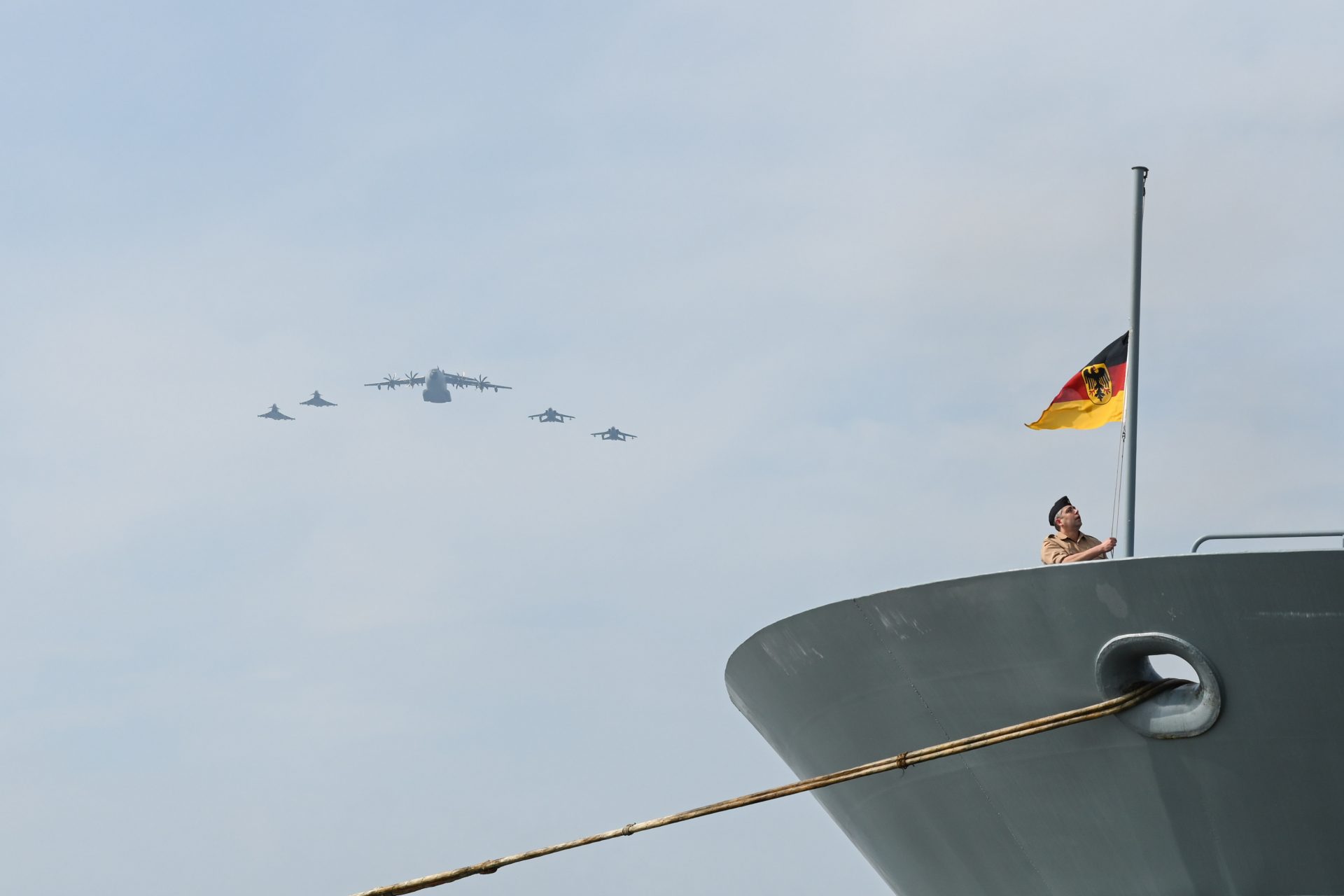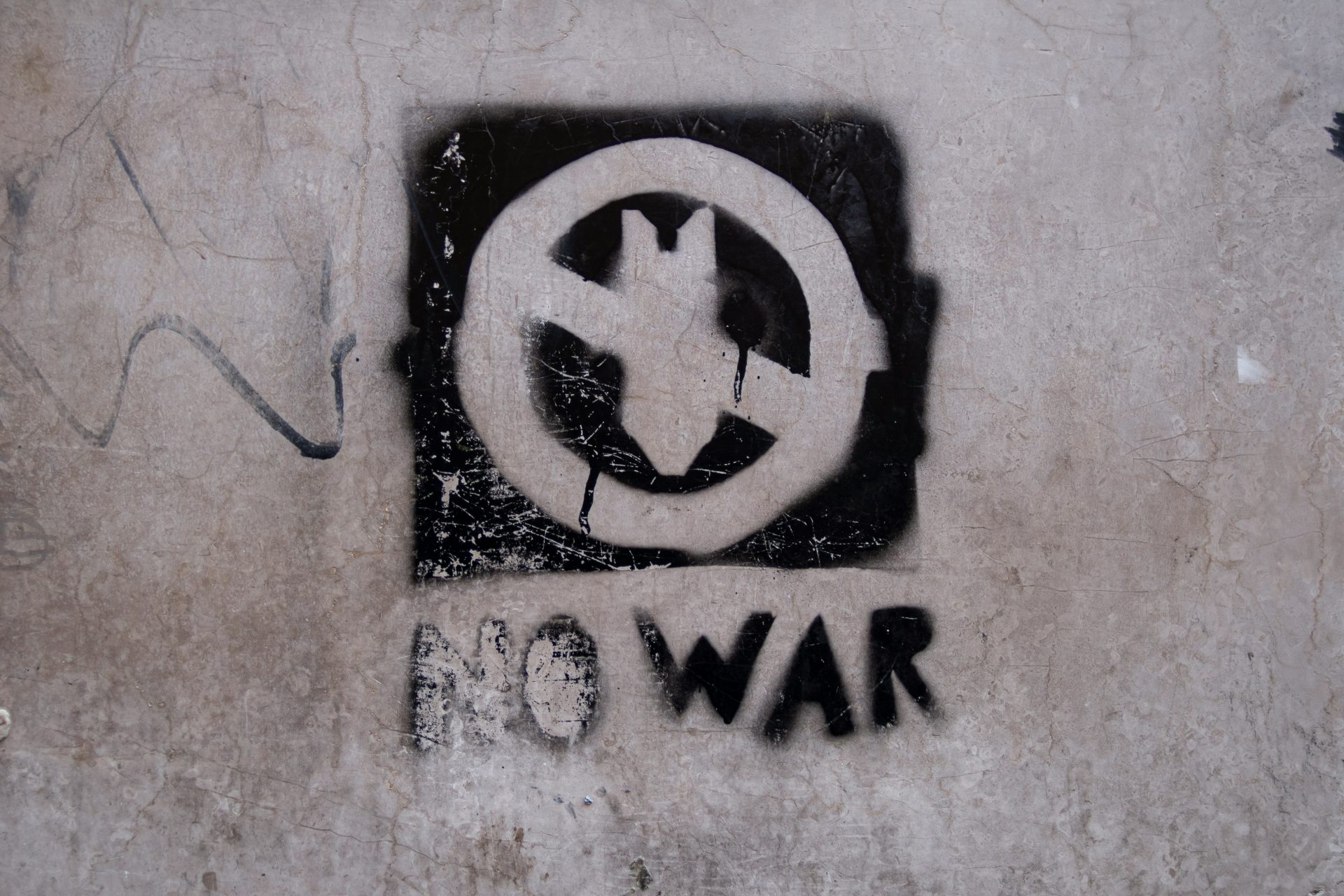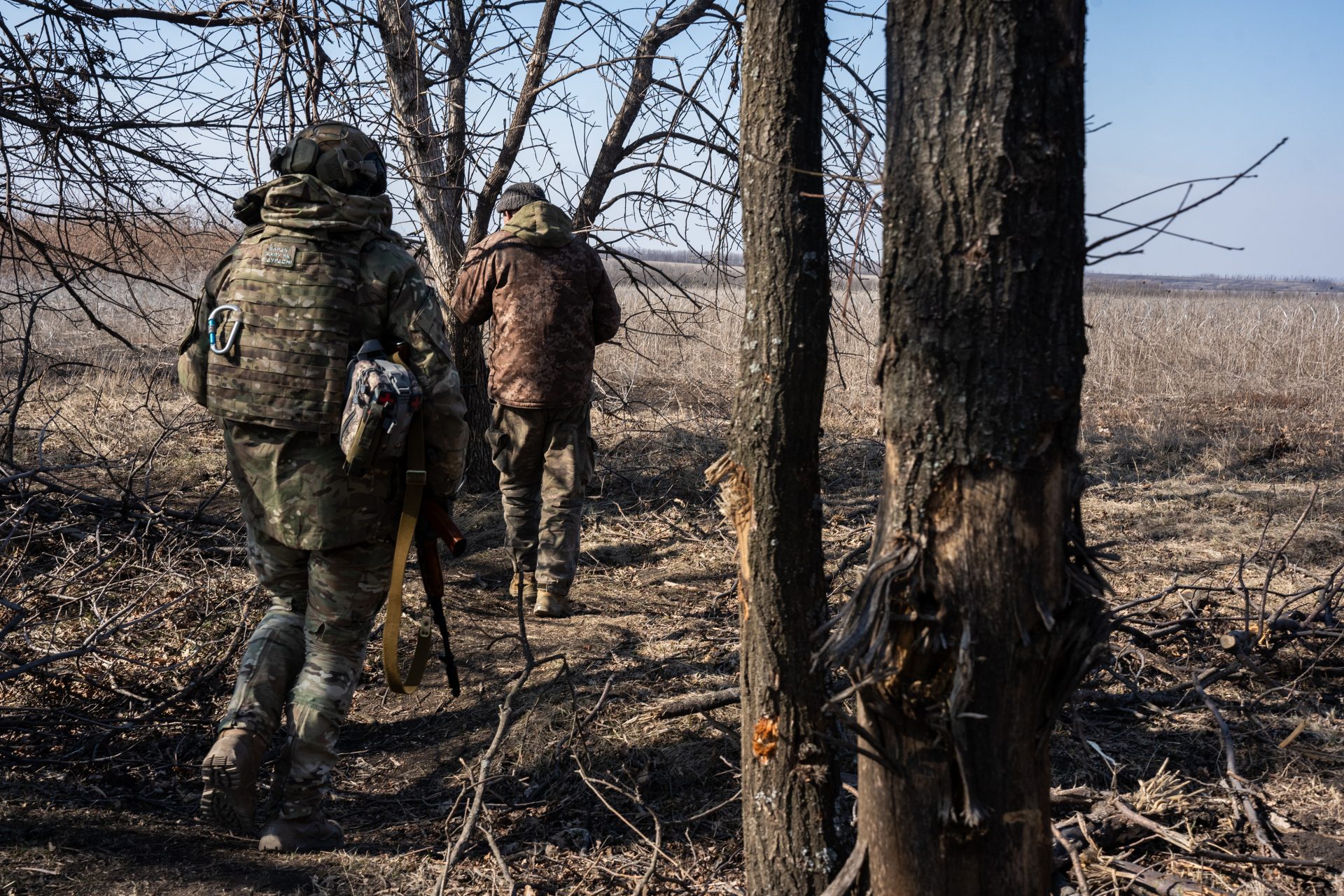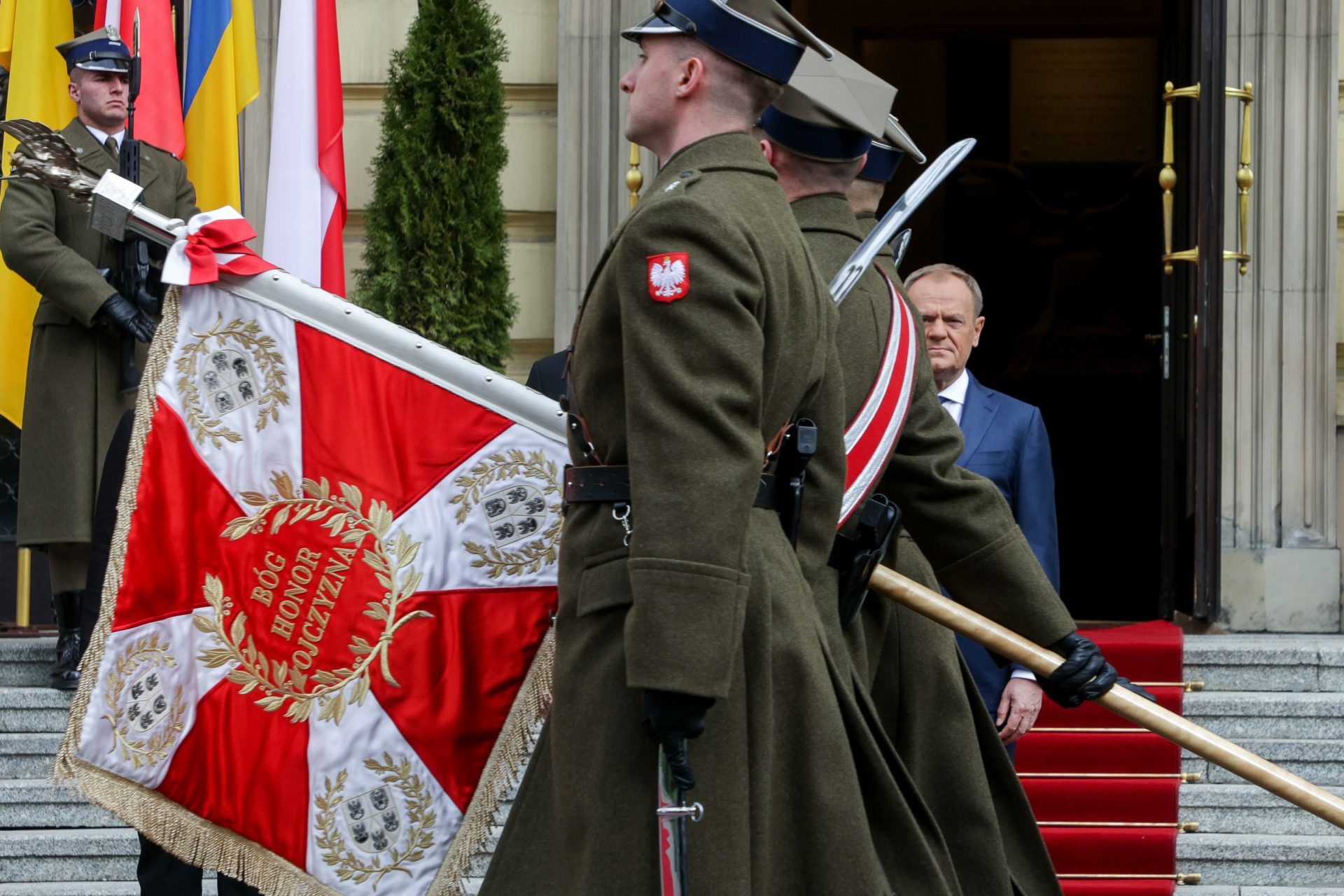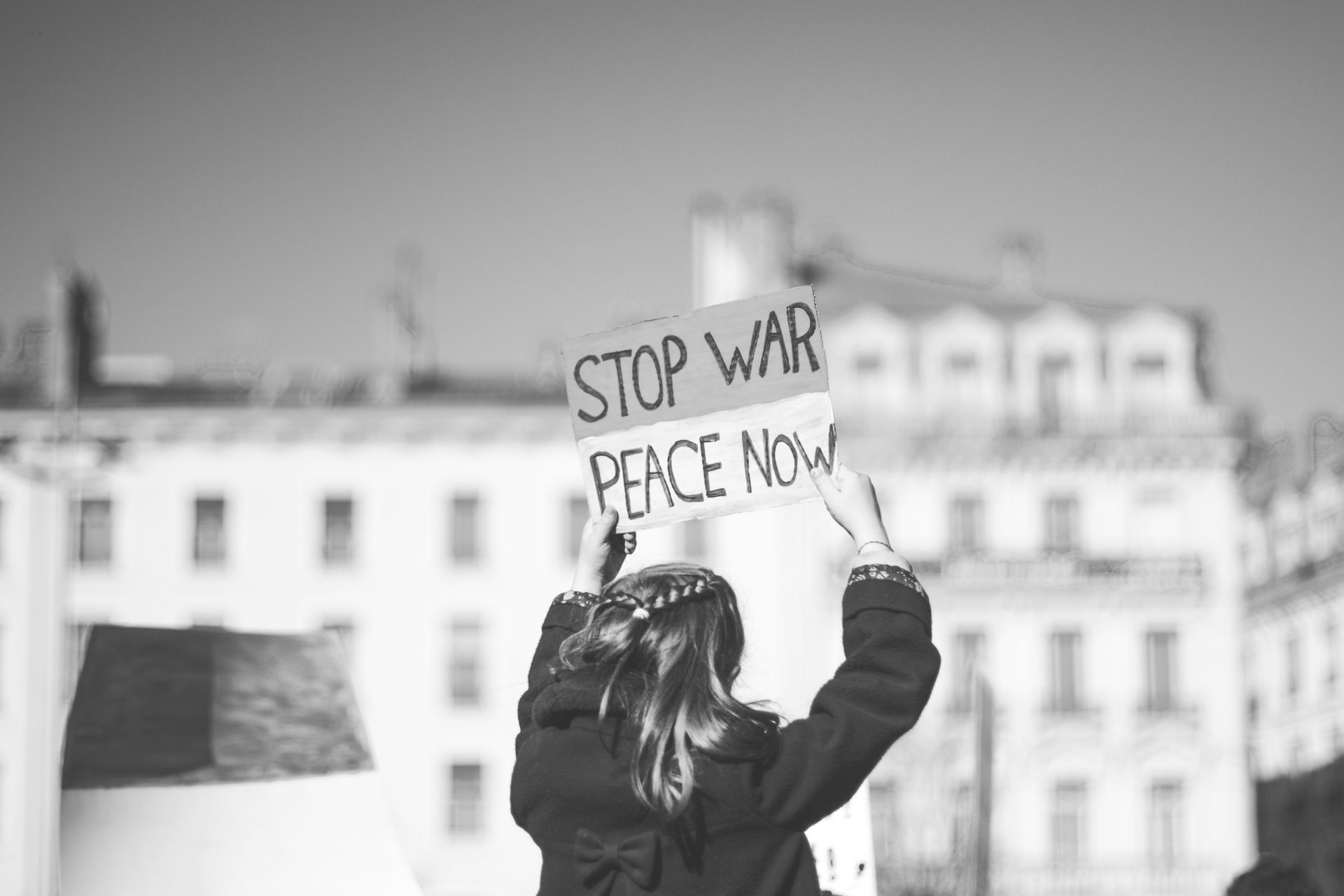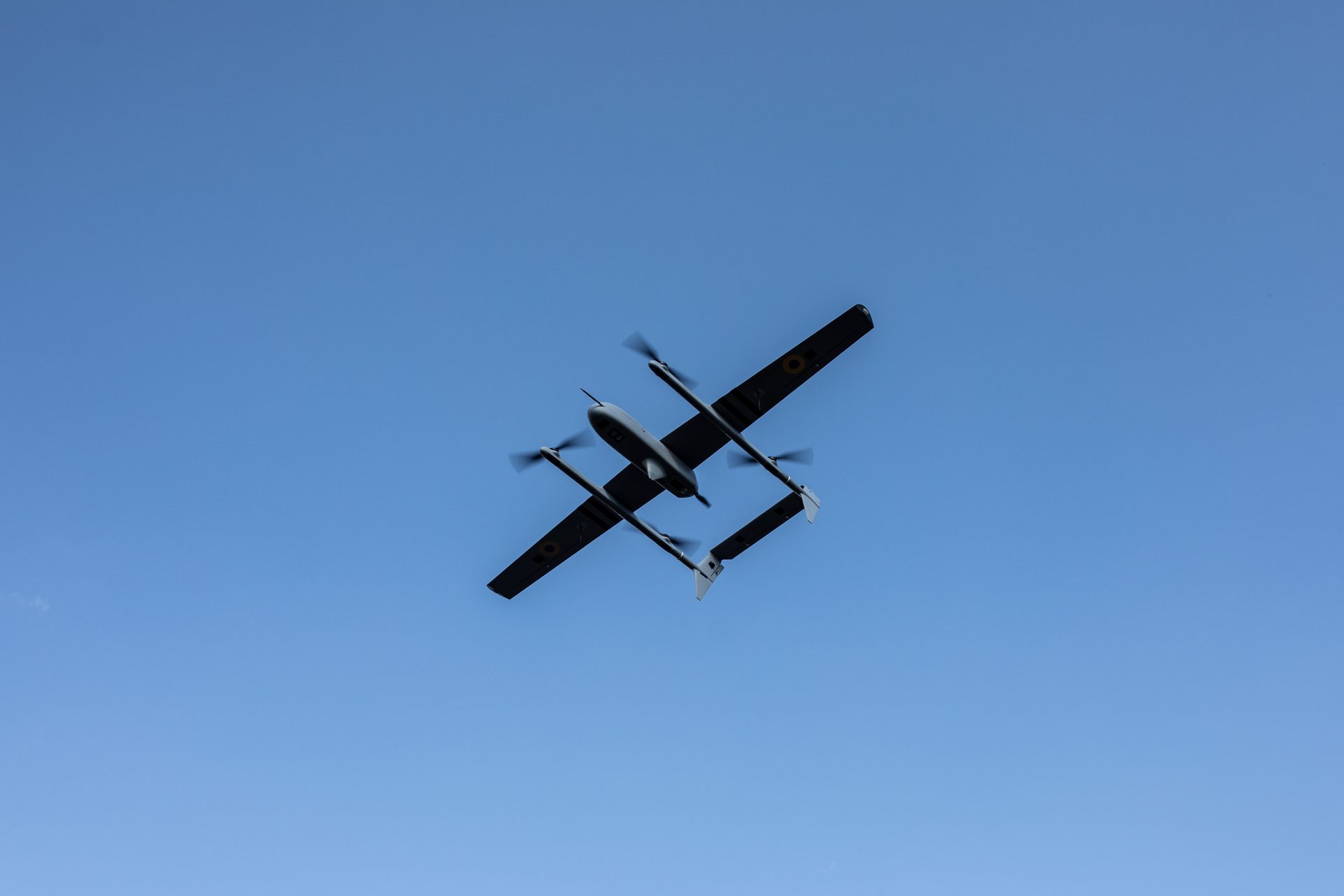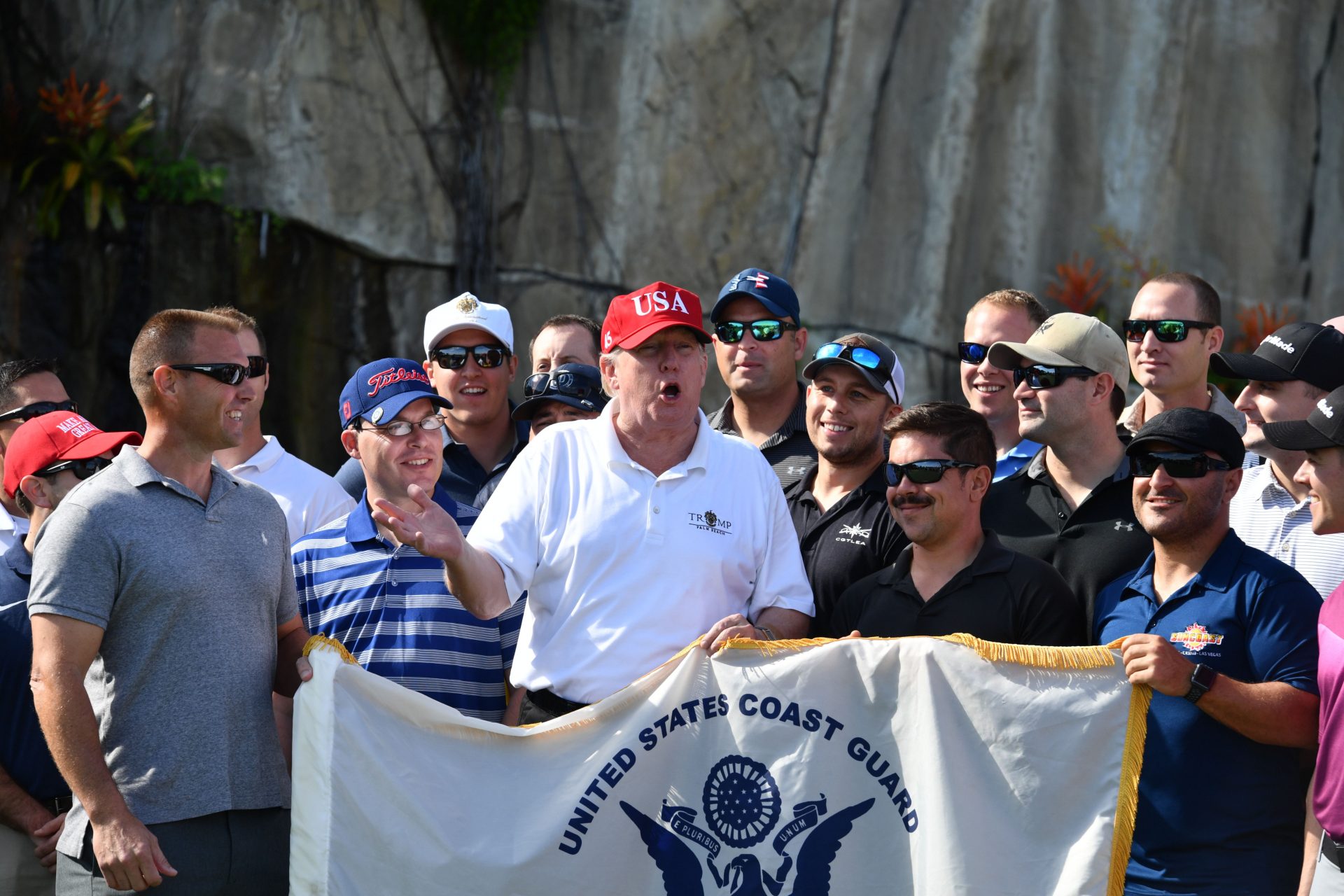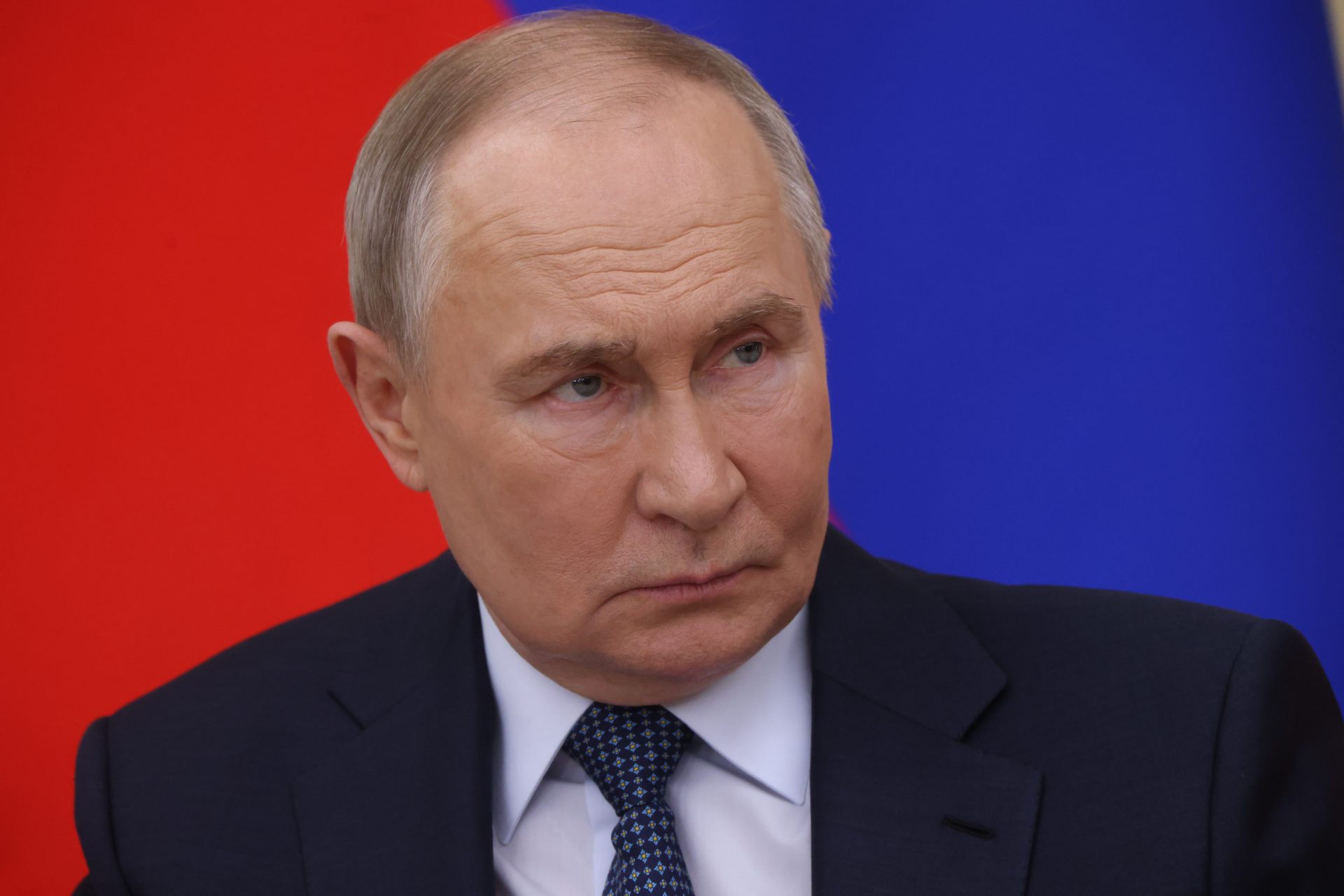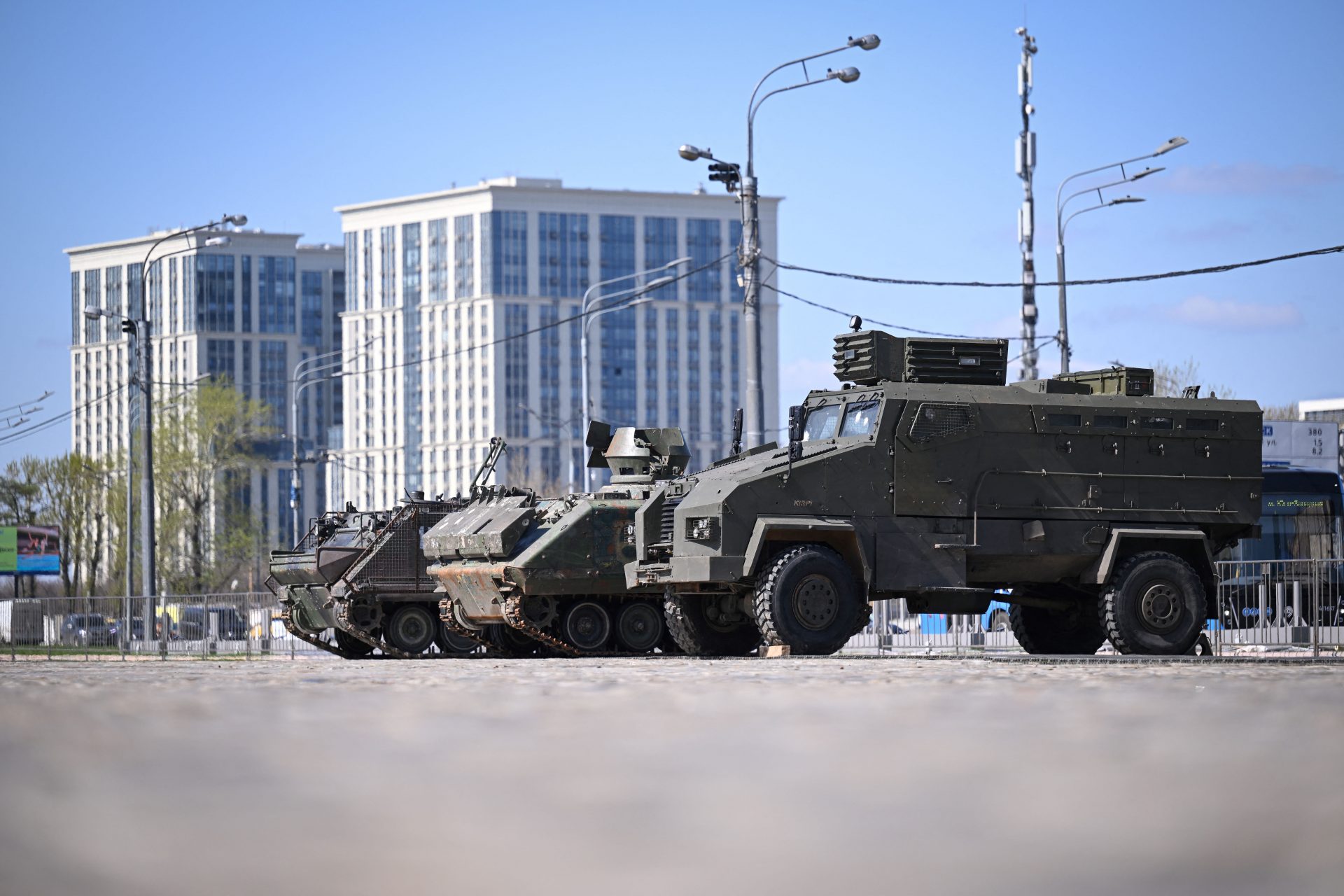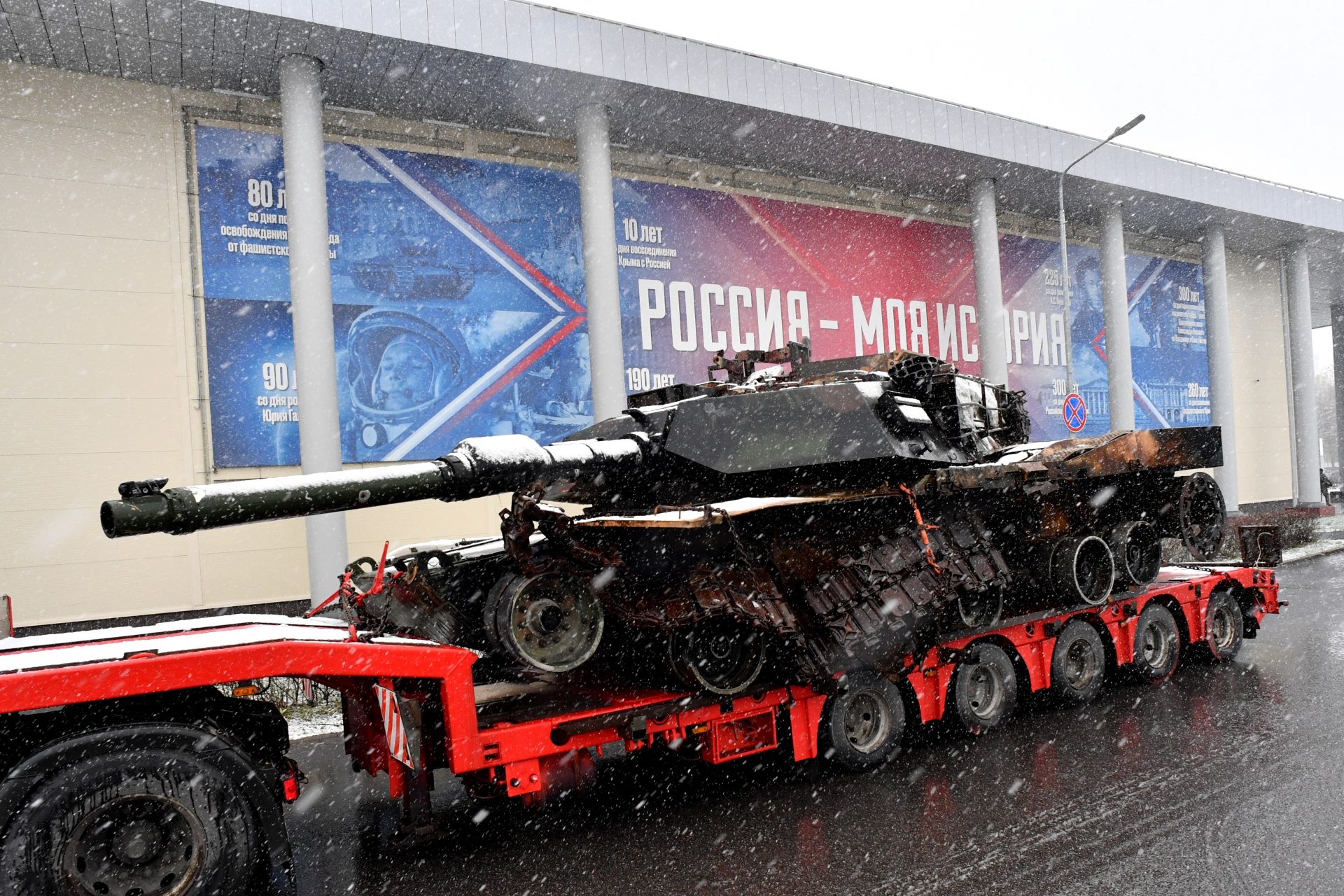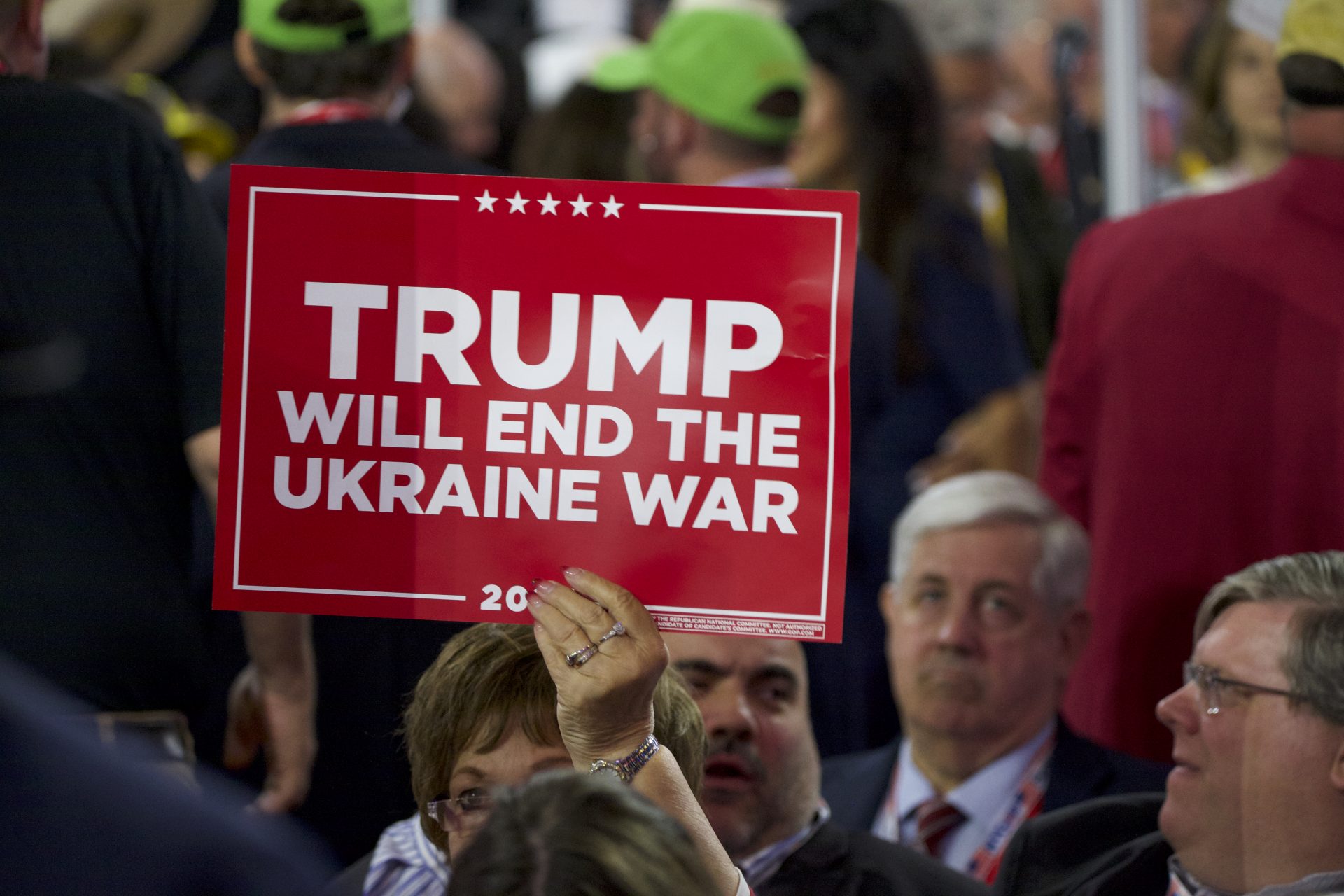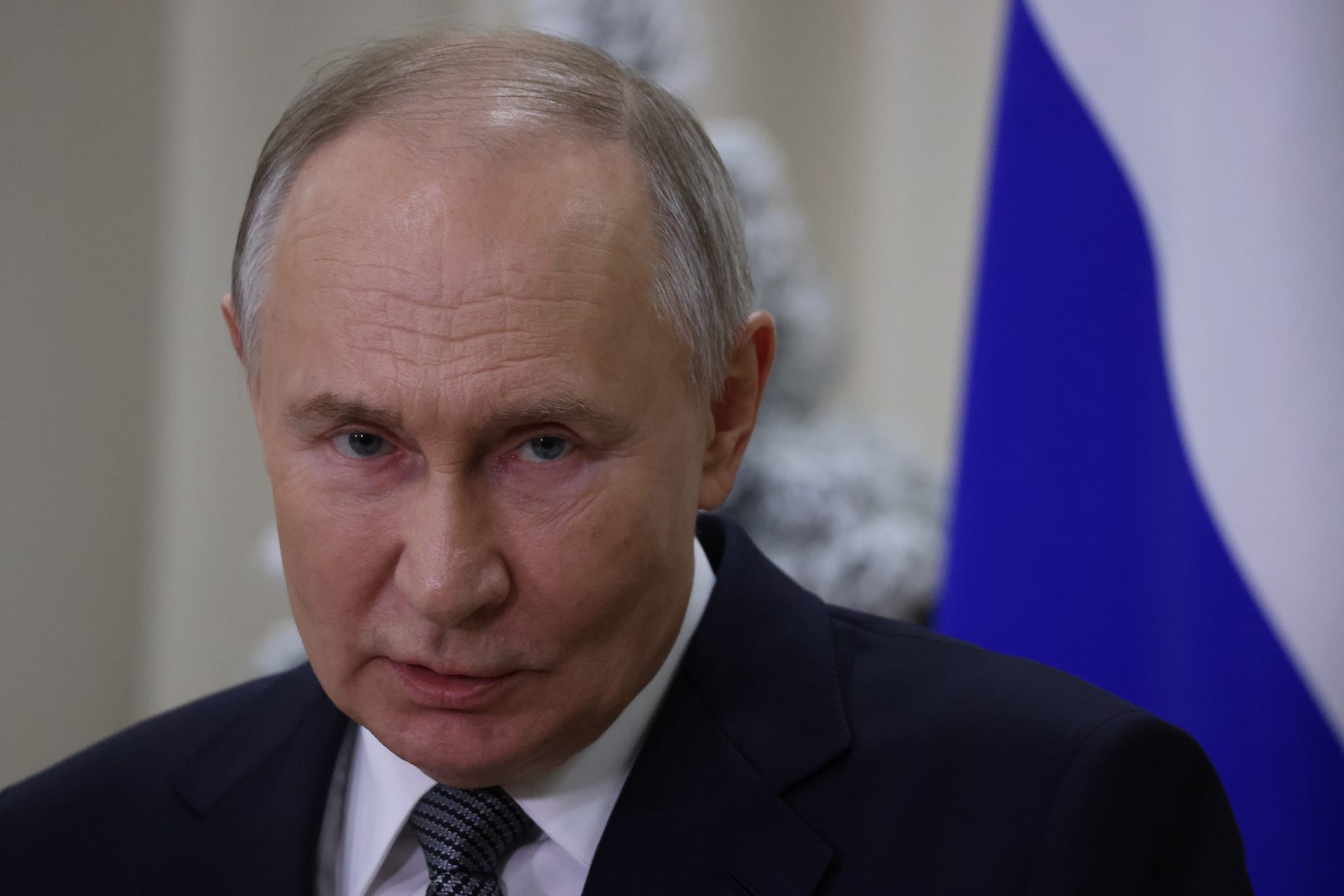Tensions grow in Europe as governments for potential World War III
Tensions are escalating throughout Europe as numerous countries implement proactive strategies in anticipation of a potential global conflict, amid increasing concerns about the possible outbreak of World War III.
The threat from Russia to Ukraine's allies is becoming more and more real, especially after Vladimir Putin's recent threat against the USA, France and Great Britain due to the nations allowing Ukraine to use long-range missiles in Russia.
Germany is now also reacting and is drawing up a plan in case Russia decides to attack. German authorities have realized that the country no longer has enough bunkers to keep its entire population safe, so it is time to upgrade.
According to the German newspaper Build, the current solution is therefore a bunker plan that the federal government is developing together with the states to improve Germany's security.
The bunker plan is intended to include all buildings, both public and private, that can provide sufficient protection in the event of a missile attack.
This could include office buildings as well as subway stations or citizen offices. The information will then be made available to citizens via a bunker app.
Germany isn't the only European country feeling paranoid. On November 18, the Swedish government announced it would be mailing out millions of booklets titled 'In Case of Crisis or War' offering guidance to residents.
CNN reported that the 32-page Swedish booklet, first introduced during World War II, will place a "greater emphasis on preparing for war," per a statement from the Swedish government on November 18.
Prior to the Swedish government's announcement, several media outlets reported that the European Union had warned its citizens that they needed to be prepared for war.
Sauli Niinistö, former President of the Republic of Finland and Special Adviser to the President of the European Commission, prepared a document on the subject in which he advised that all citizens in EU countries have a 72-hour stockpile of emergency supplies in case of war.
All of these warnings are quite disconcerting. Fear of war in Europe used to be a thing of the past. In fact, prior to Russian president Vladimir Putin's decision to invade Ukraine, most Europeans had not worried about war on the continent for nearly twenty years.
This old photograph of Kosovo (in 1999) takes us back to the Balkan wars that came so close to the heart of Europe. In those days, Europeans were amazed that war was returning to the Old Continent. Now, with Ukraine and the Middle East in flames, the feeling in Europe is that a great world war is imminent.
Bjarke Smith-Meyer recently wrote an analysis for the American magazine Politico whose beginning was resounding: "Europe is preparing for war."
Polish President Donald Tusk (pictured) put it clearly in an interview with the German magazine Die Welt earlier this year. He assured that Europe is experiencing an evident pre-war stage.
As reported by CNN, Tusk said: "War is no longer a concept from the past. It is real, and it started over two years ago. The most worrying thing at the moment is that literally any scenario is possible. We haven’t seen a situation like this since 1945".
Tusk told Die Welt that young people have to be aware of the current state of affairs and therefore accept that they may have to take up arms. This message is in line with an open debate in many European countries about whether it is necessary to reintroduce compulsory military service.
The majority of Western countries eliminated compulsory military service after the fall of the Berlin Wall (Germany did so in 2011, Spain in 2002).
But leaders like Macron believe that it is necessary for young people to serve their country for a period and in France they are preparing a Universal National Service that would have some military content.
In the United Kingdom, the authorities also insist on preparing their fellow citizens for a possible war.
Defense Minister Grant Shapps said we had moved from a "post-war world to a pre-war world", according to the BBC, and British General Patrick Shanders (pictured) spoke in January of "mobilizing the nation" and reinforce professional soldiers with a kind of "citizen army."
Not all European public opinion wants to hear about an increase in defense spending, but that is the scenario that most leaders are pushing towards.
Trump is an isolationist who also sympathizes with Putin. Nor does he believe that the United States has to assume, as it does now, a predominant role in NATO.
And, above all, Trump made it clear on more than one occasion that he does not want to spend on defending other countries that, in many cases, refuse to increase their defense budgets.
Hence there is an entire European power elite that fights for increasing militarization with the aim that Europe can defend itself without depending on NATO or the United States.
However, the European left has a long pacifist tradition and it deeply dislikes anything that involves increasing spending on weapons and troops.
But there are analysts who believe that the left has to change its thinking in the face of the real threat of war.
Image: Egor Myznik / Unsplash
Cass Mudde wrote in The Guardian: "It is up to the (centre-)left to develop and defend a plan for a European army that finds a democratic position between pacifism and militarism."
Of course, among pacifism and the most recalcitrant left, they believe that in the political and media discourses that warn of the real possibility of a great war in Europe there is a lot of alarmism and part of political interest to drag public opinion to reactionary positions.
Never miss a story! Click here to follow The Daily Digest.
More for you
Top Stories



